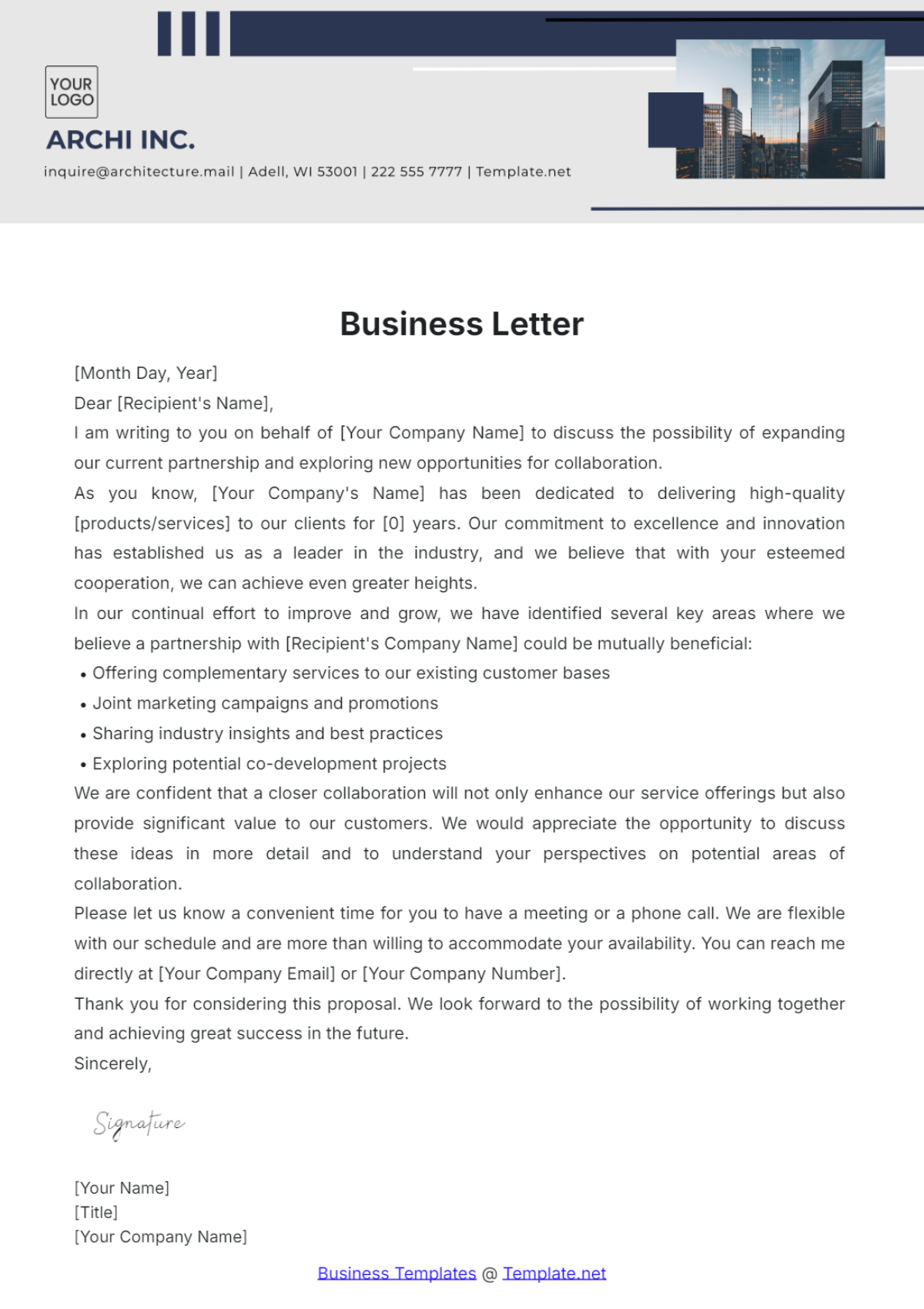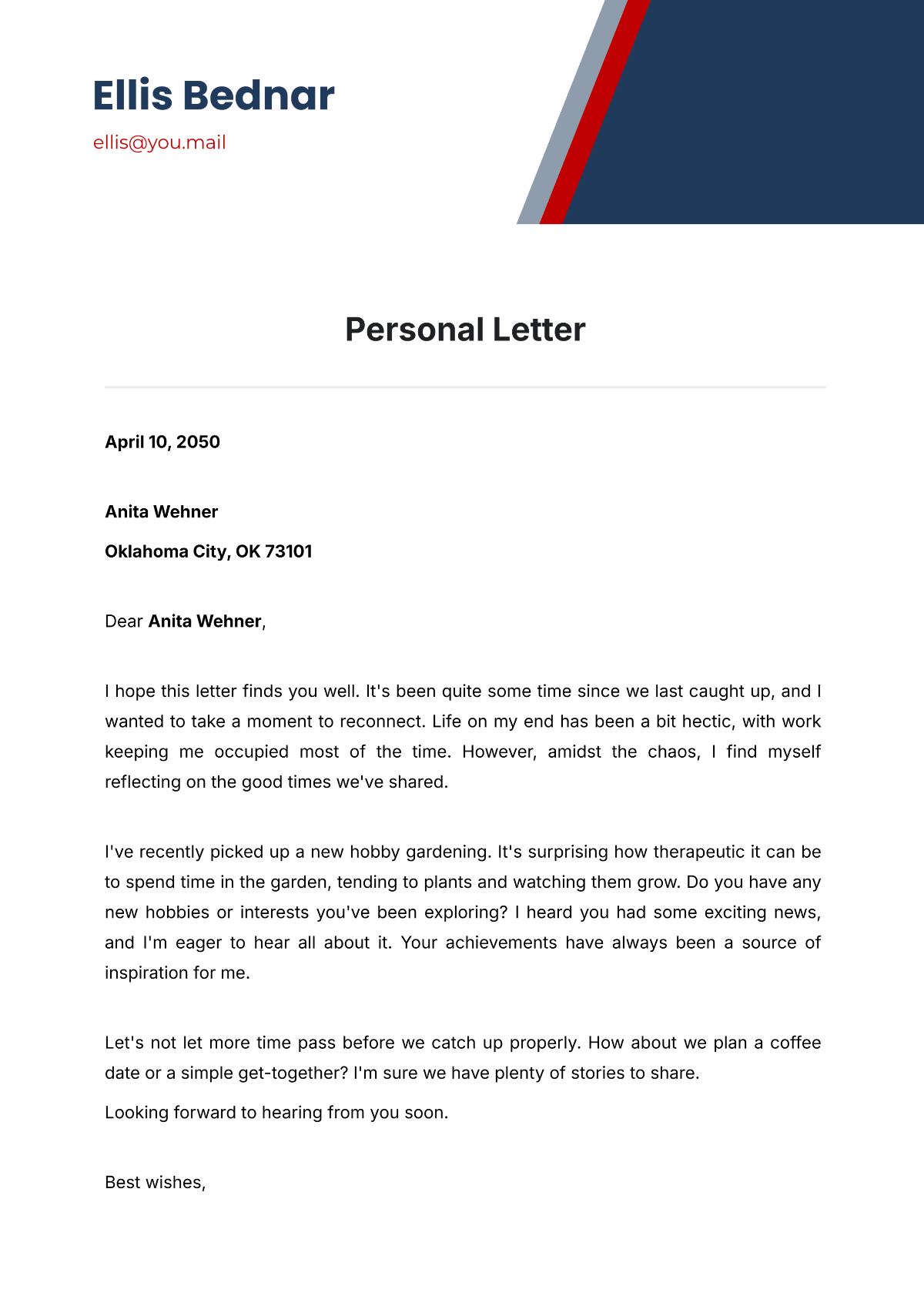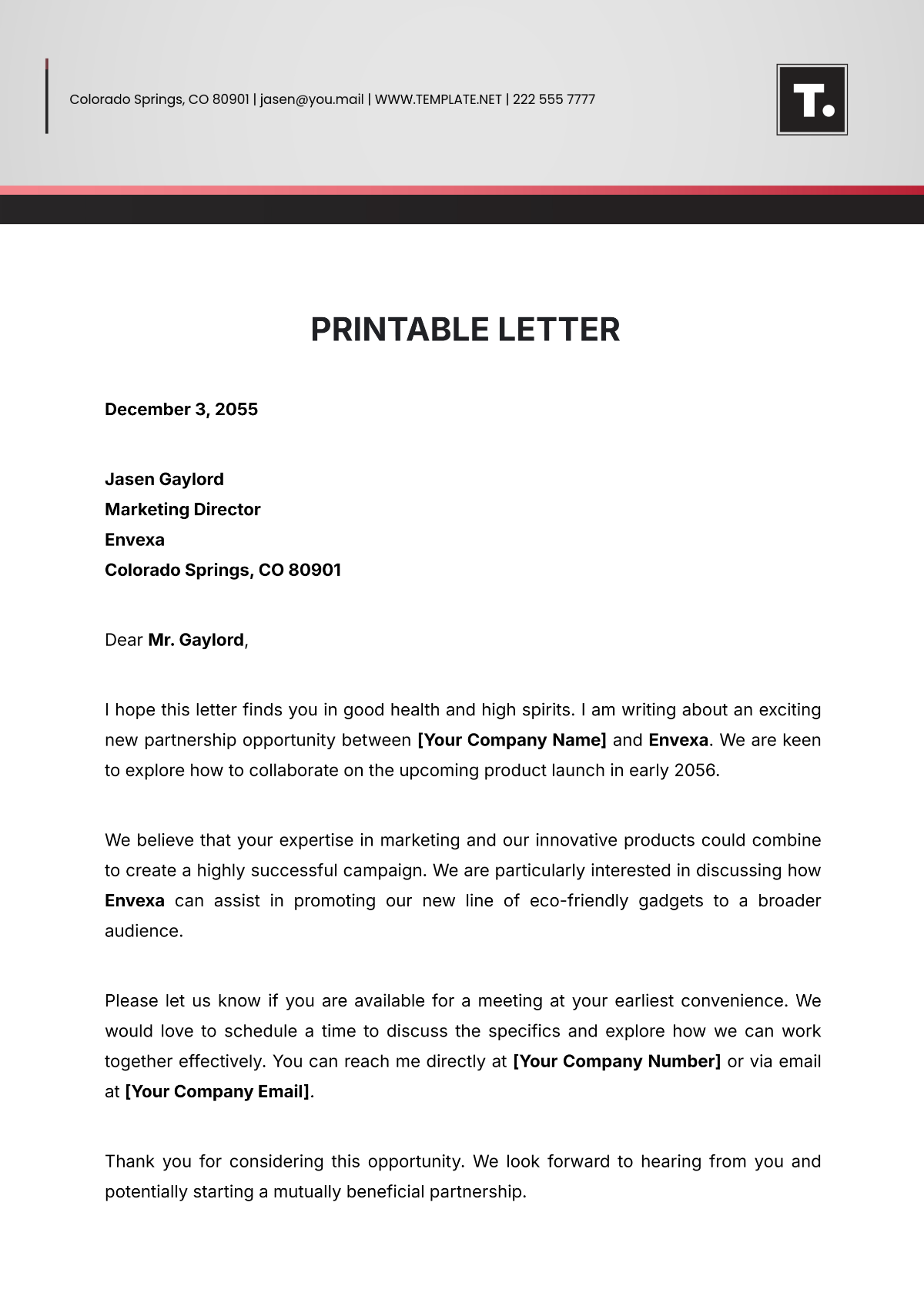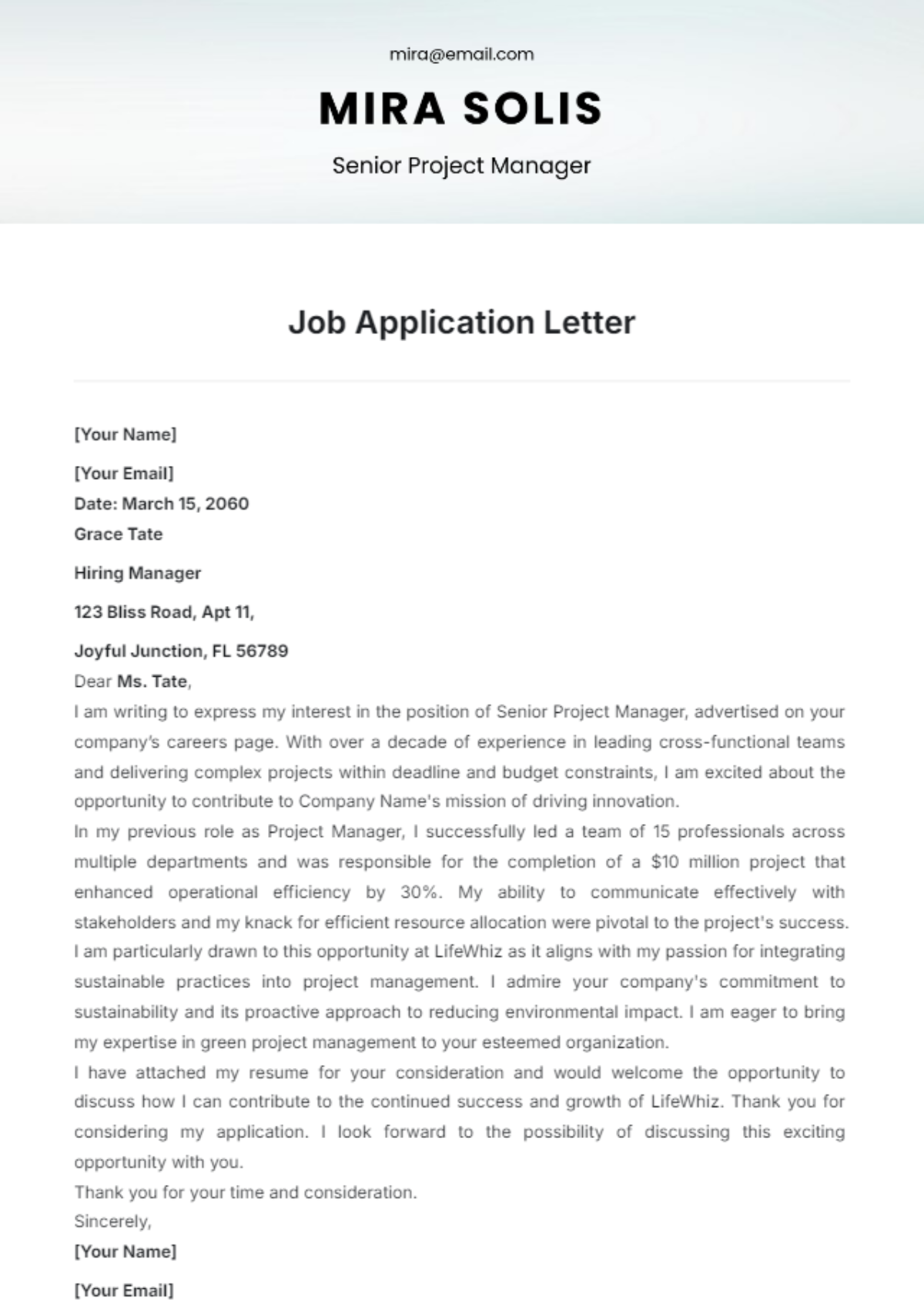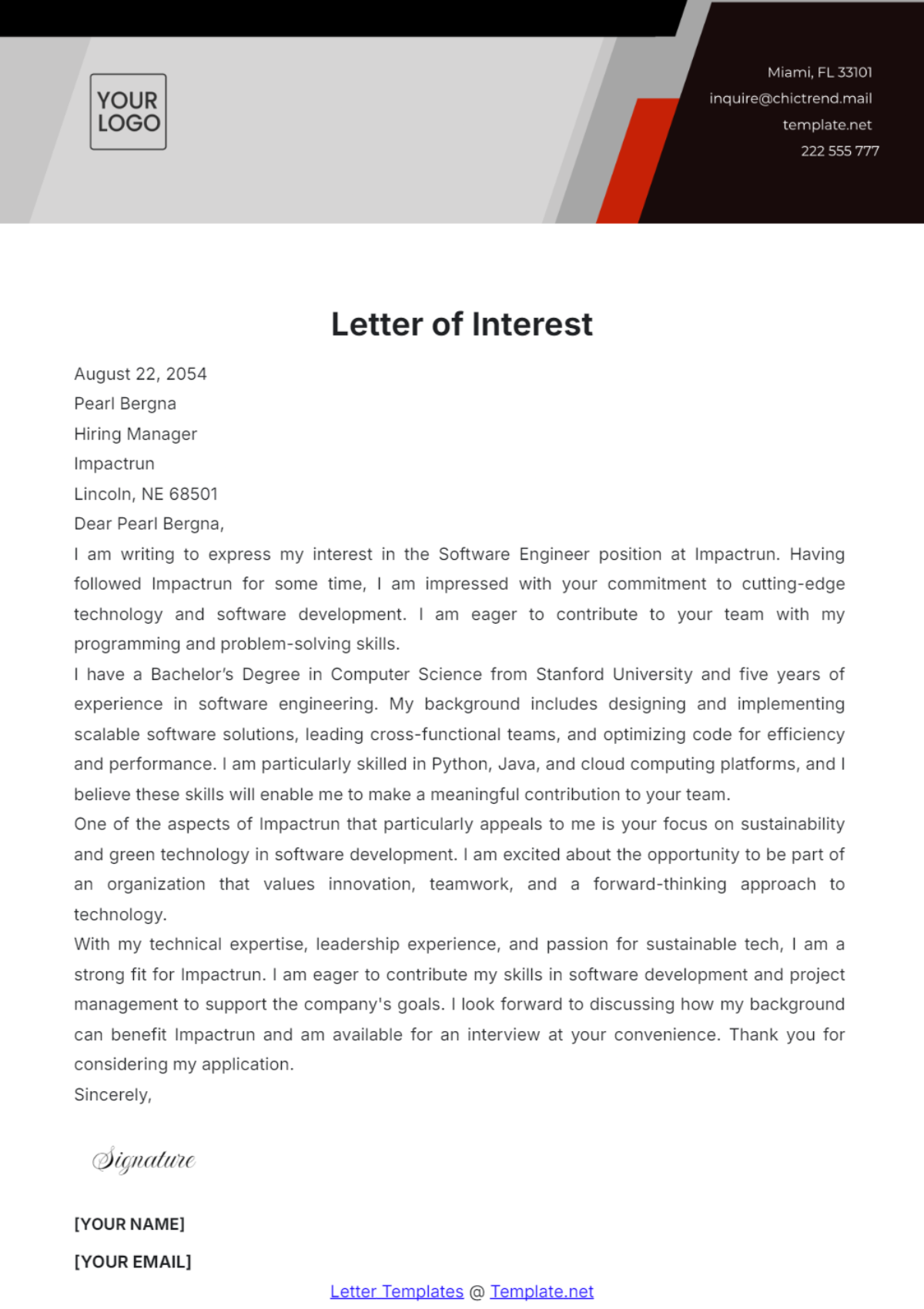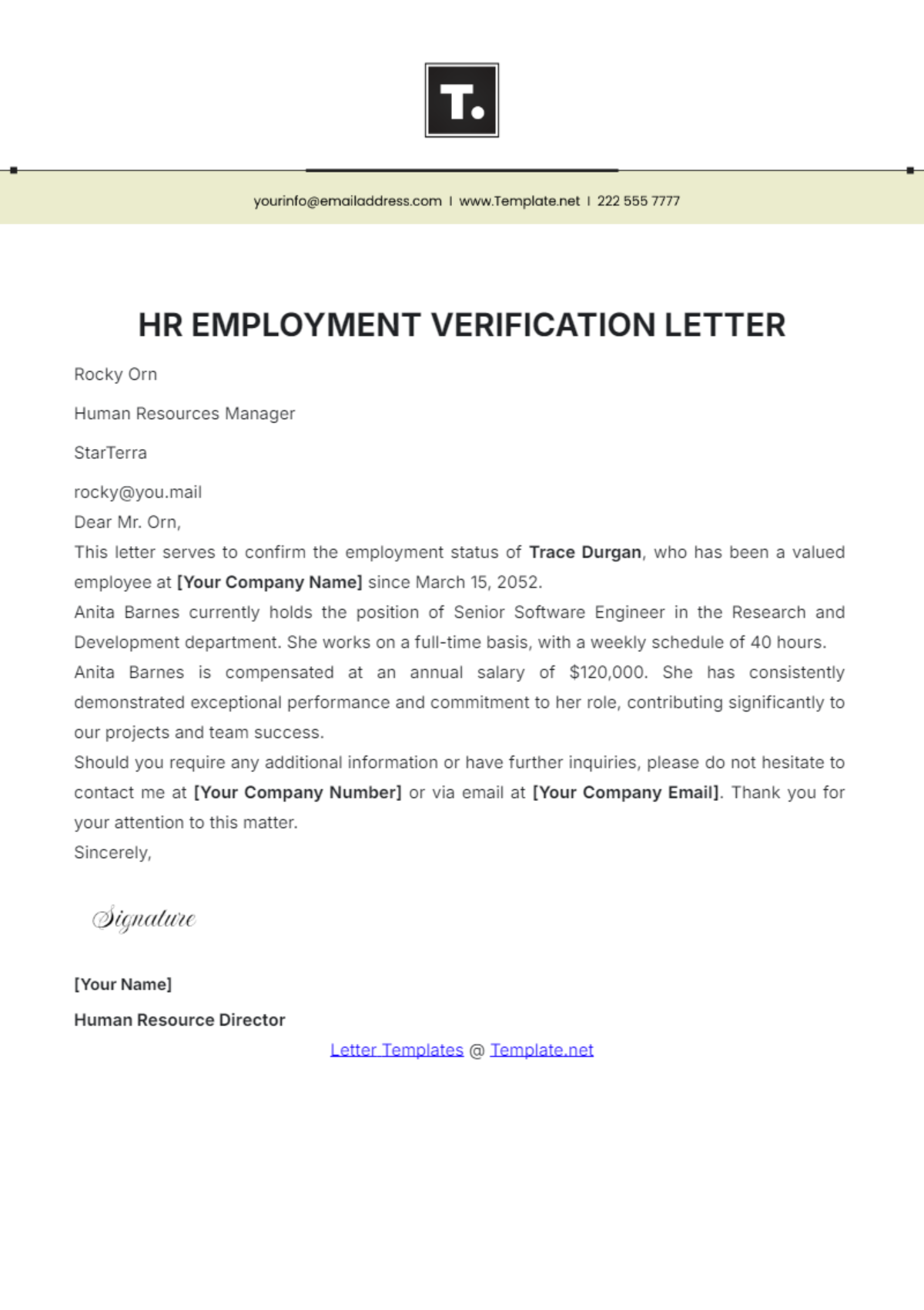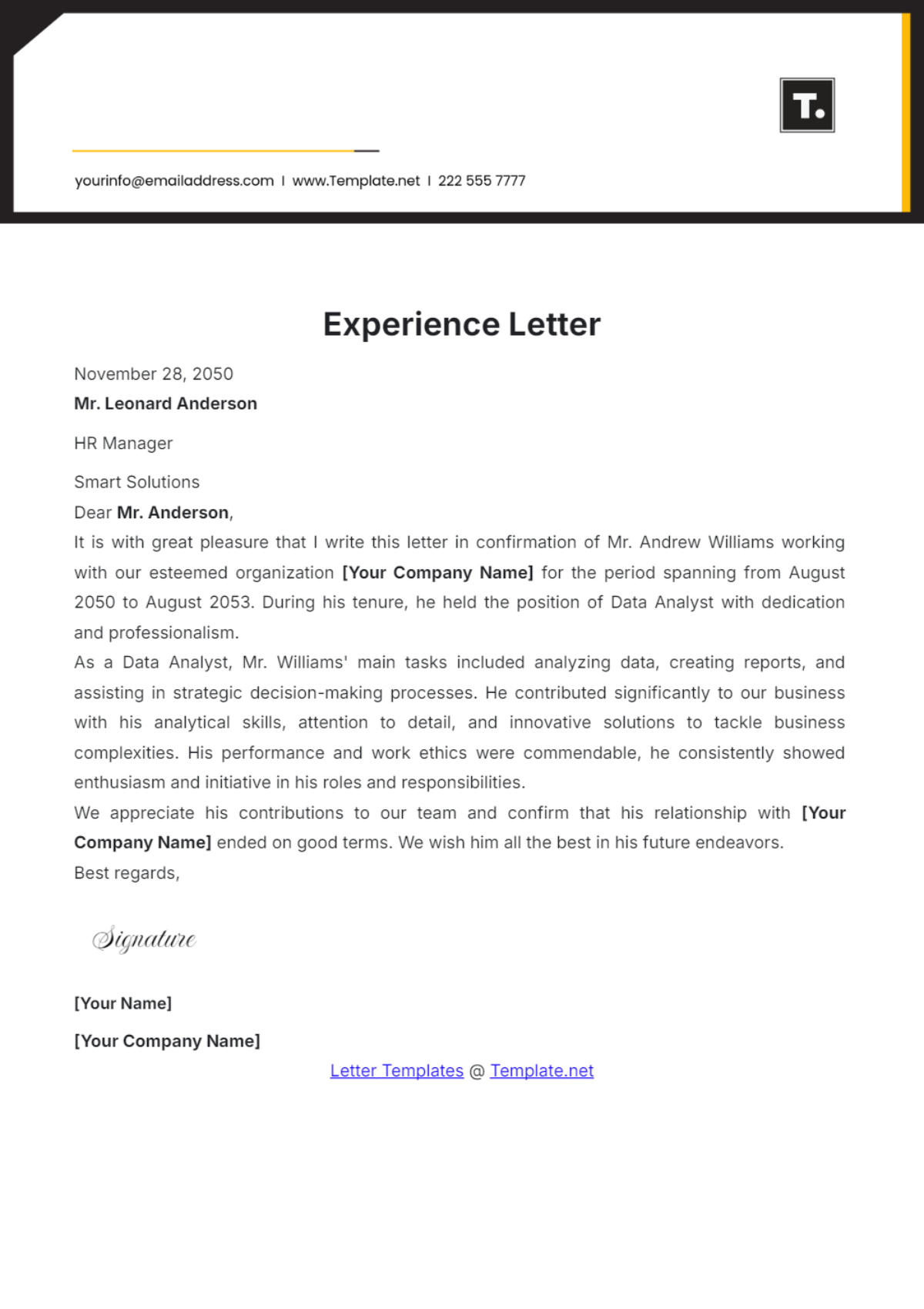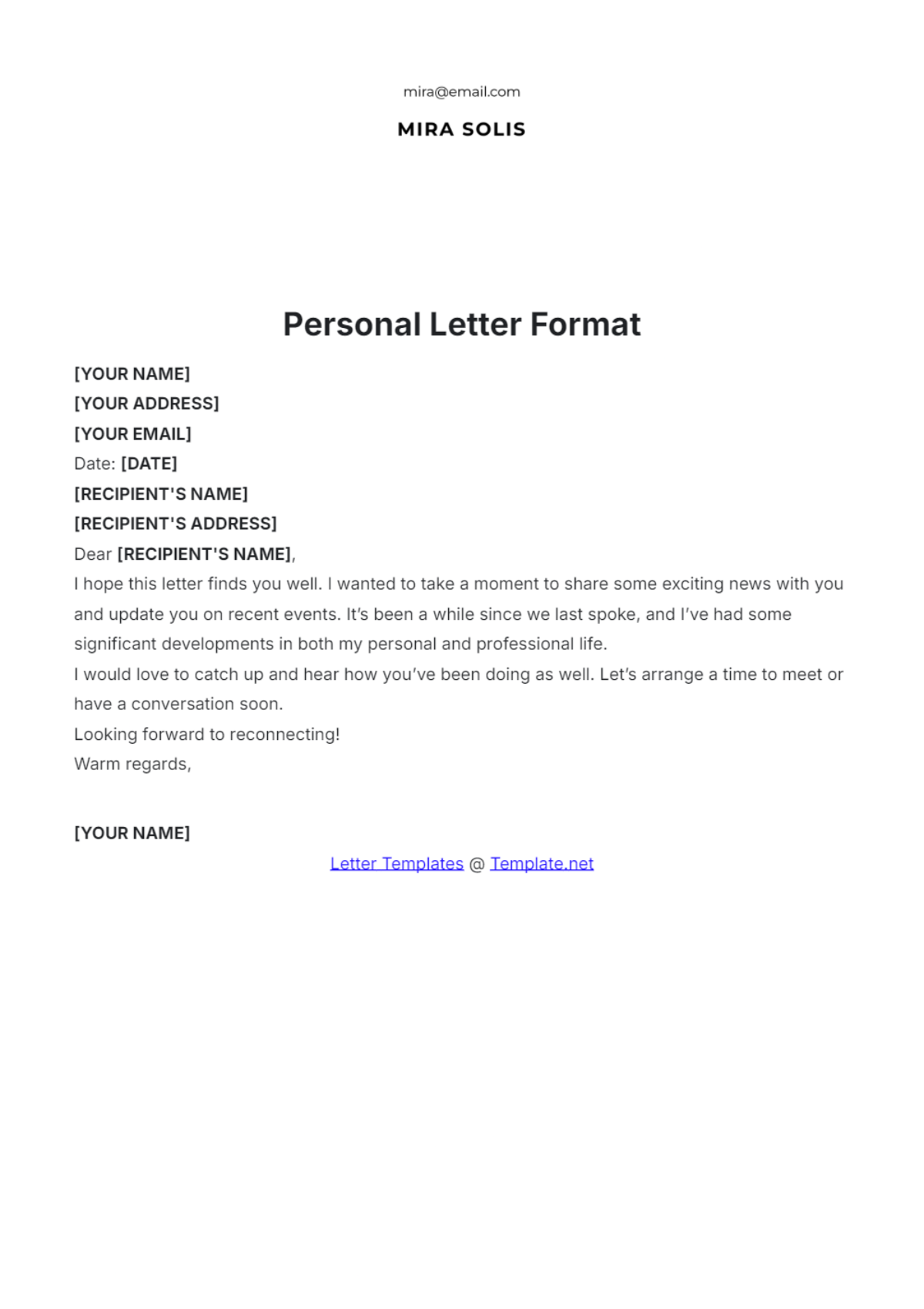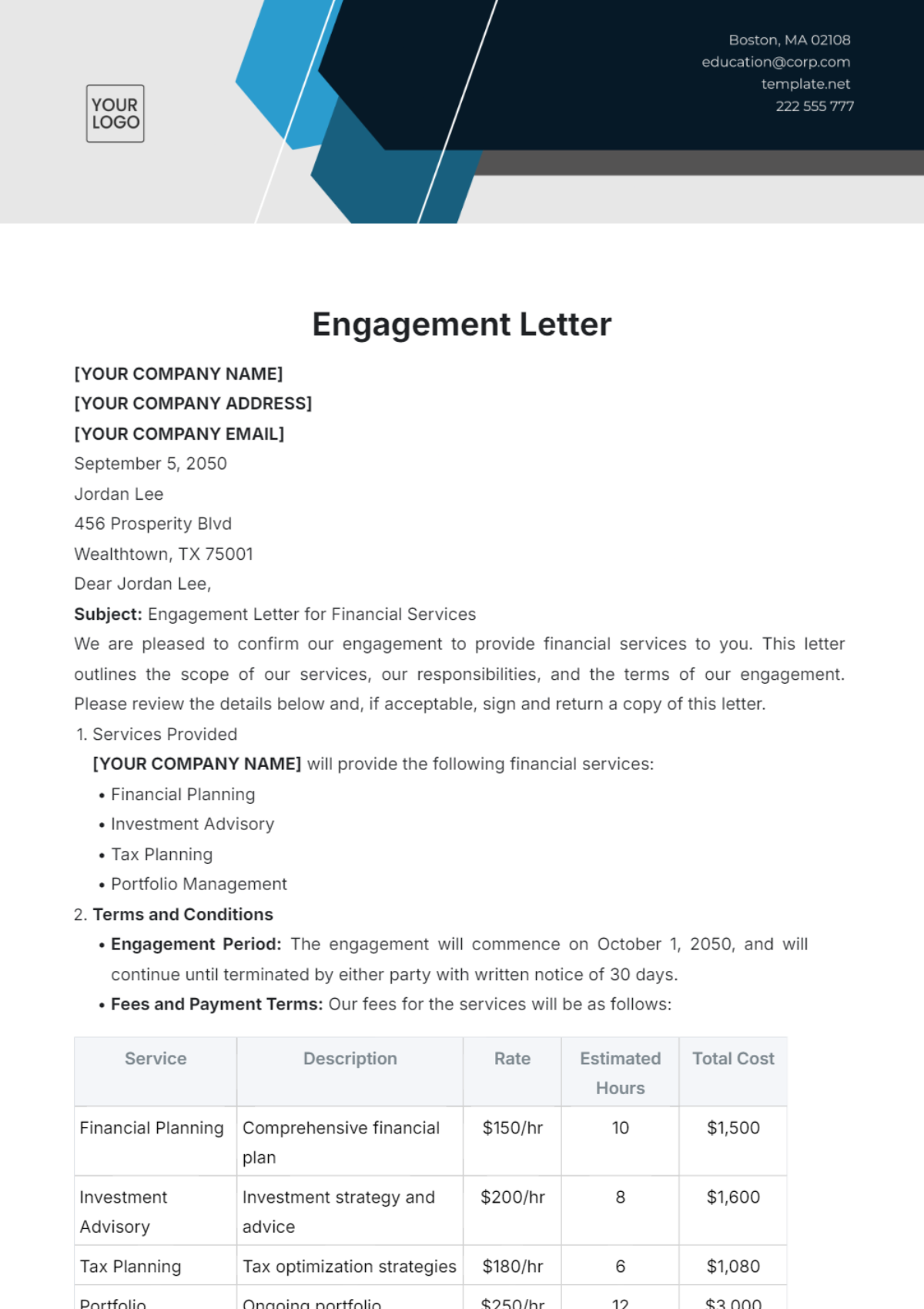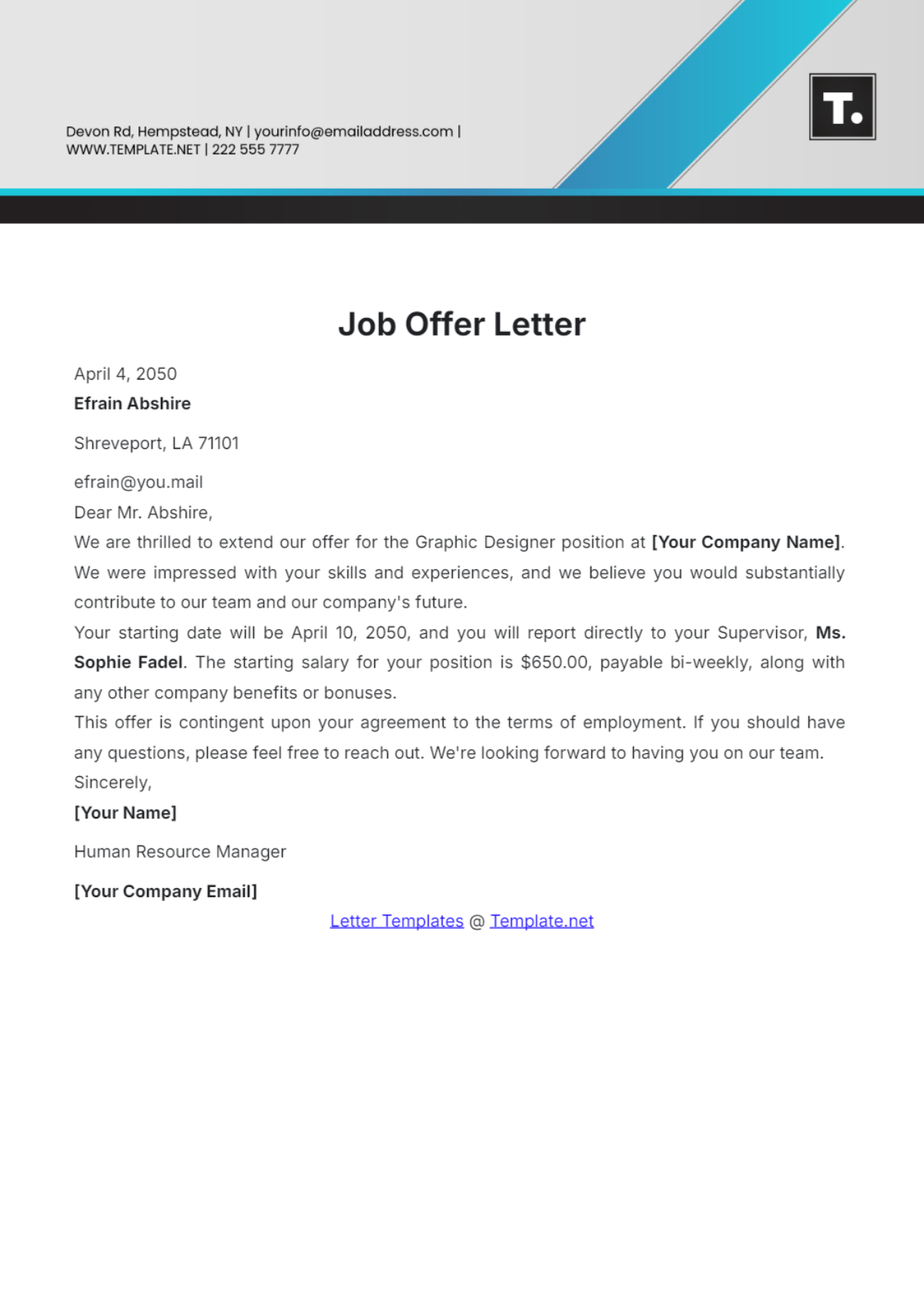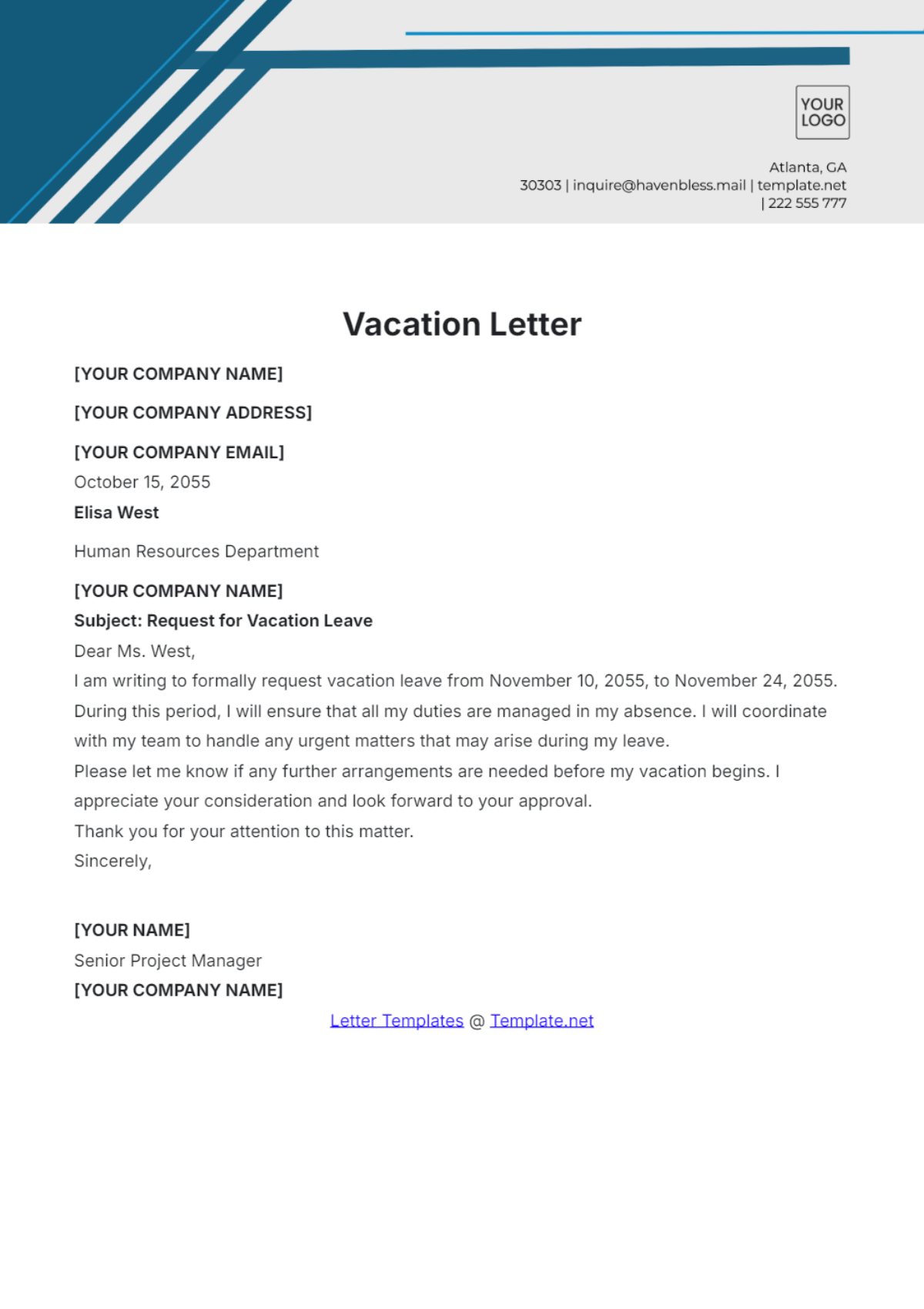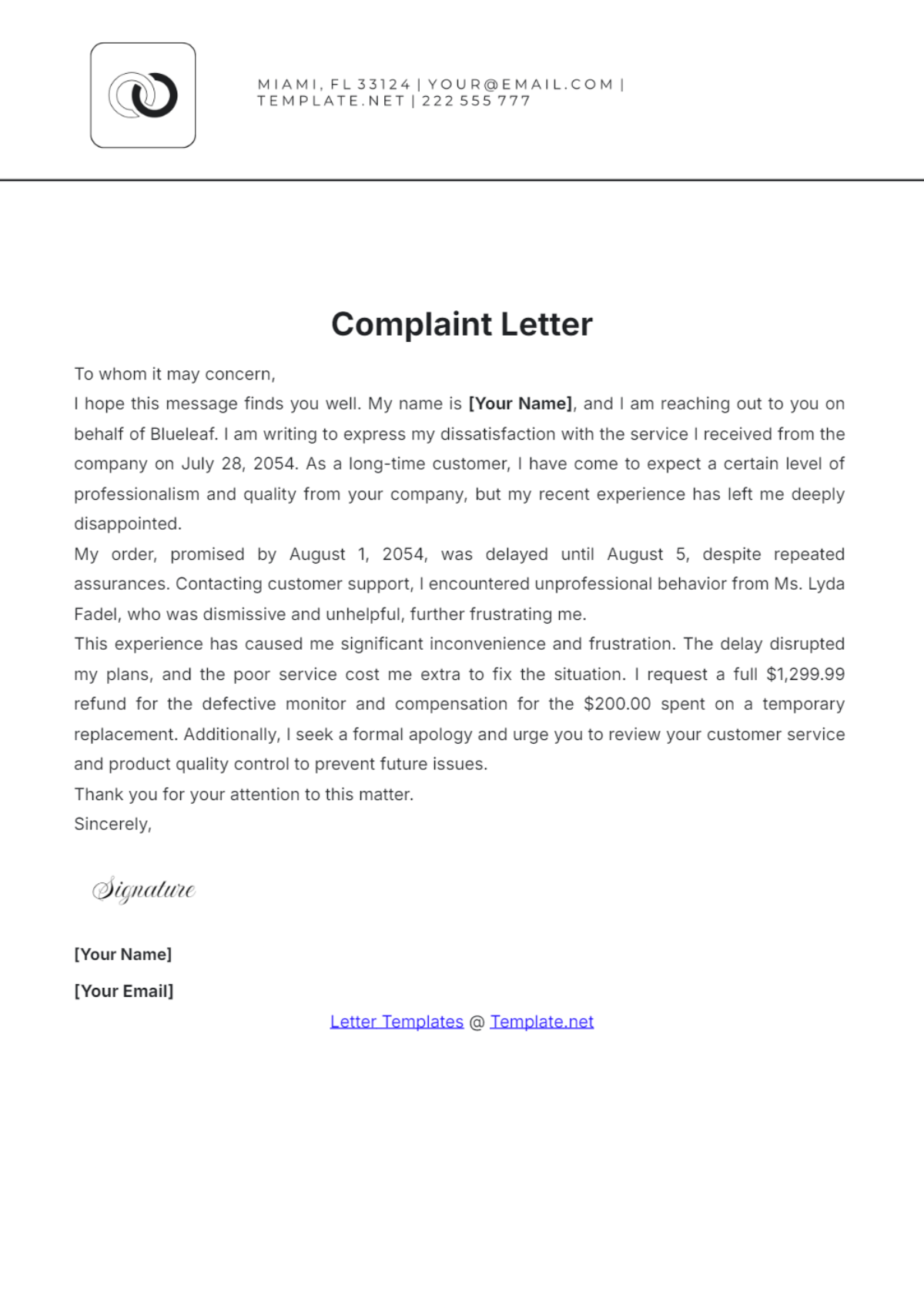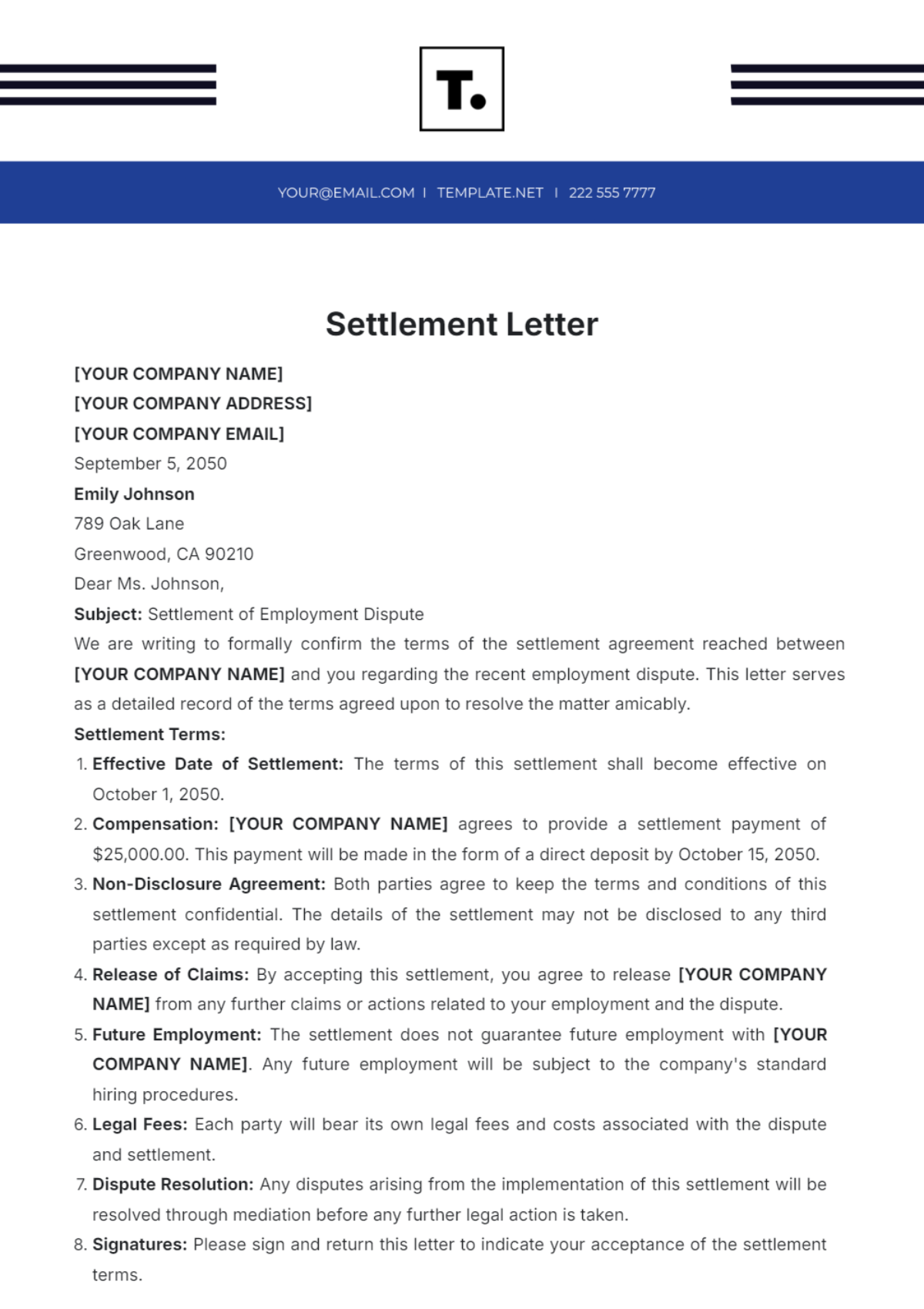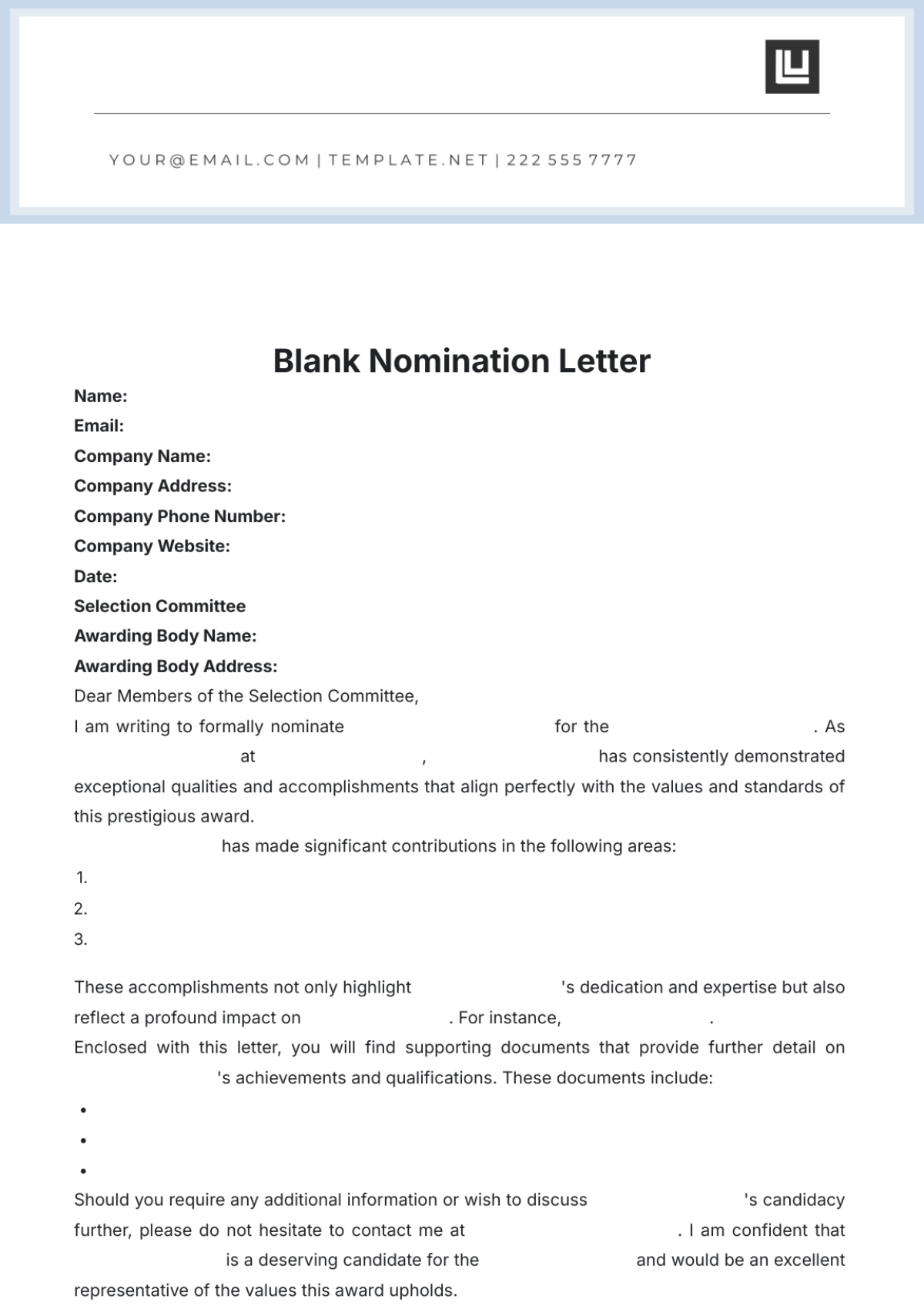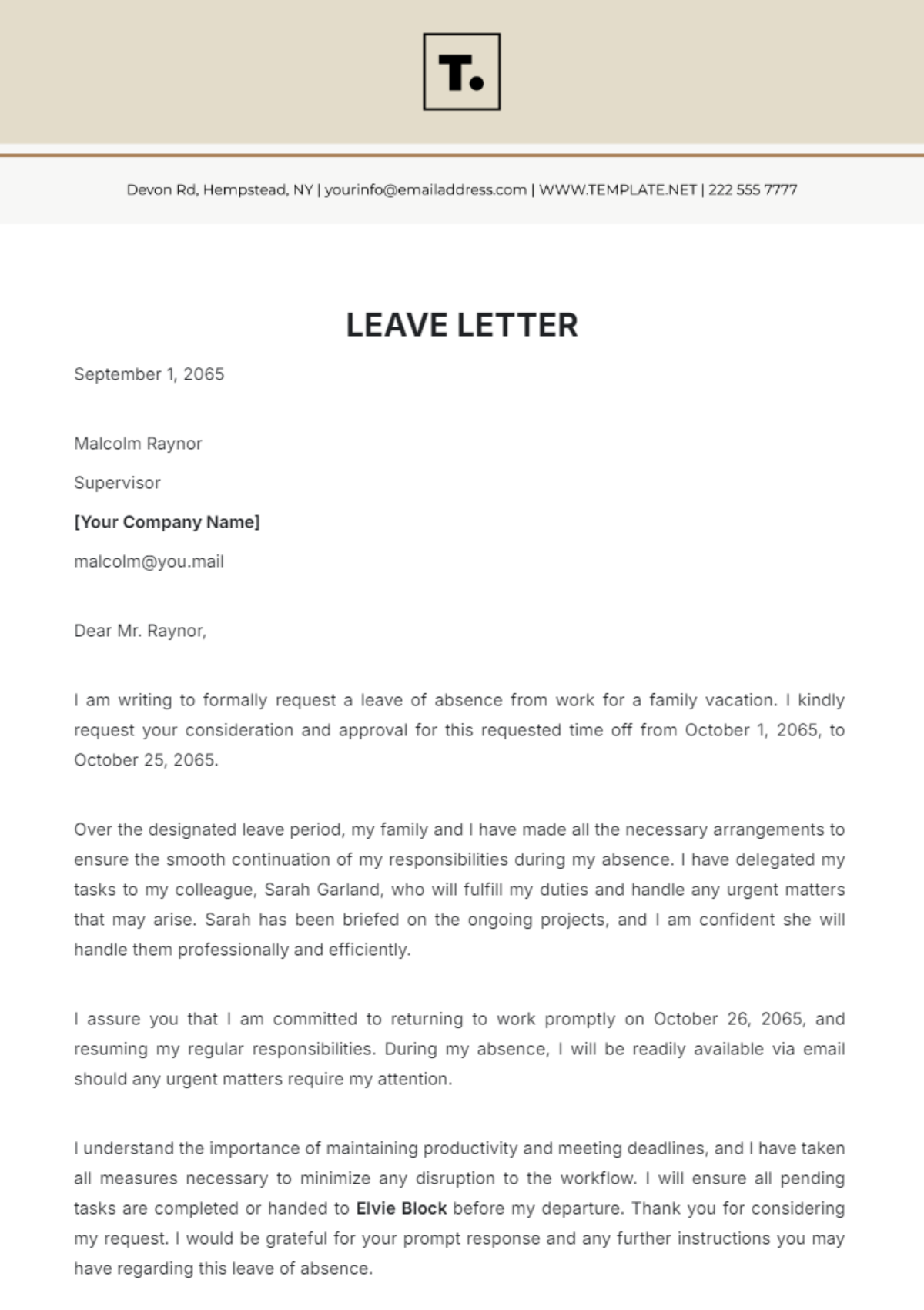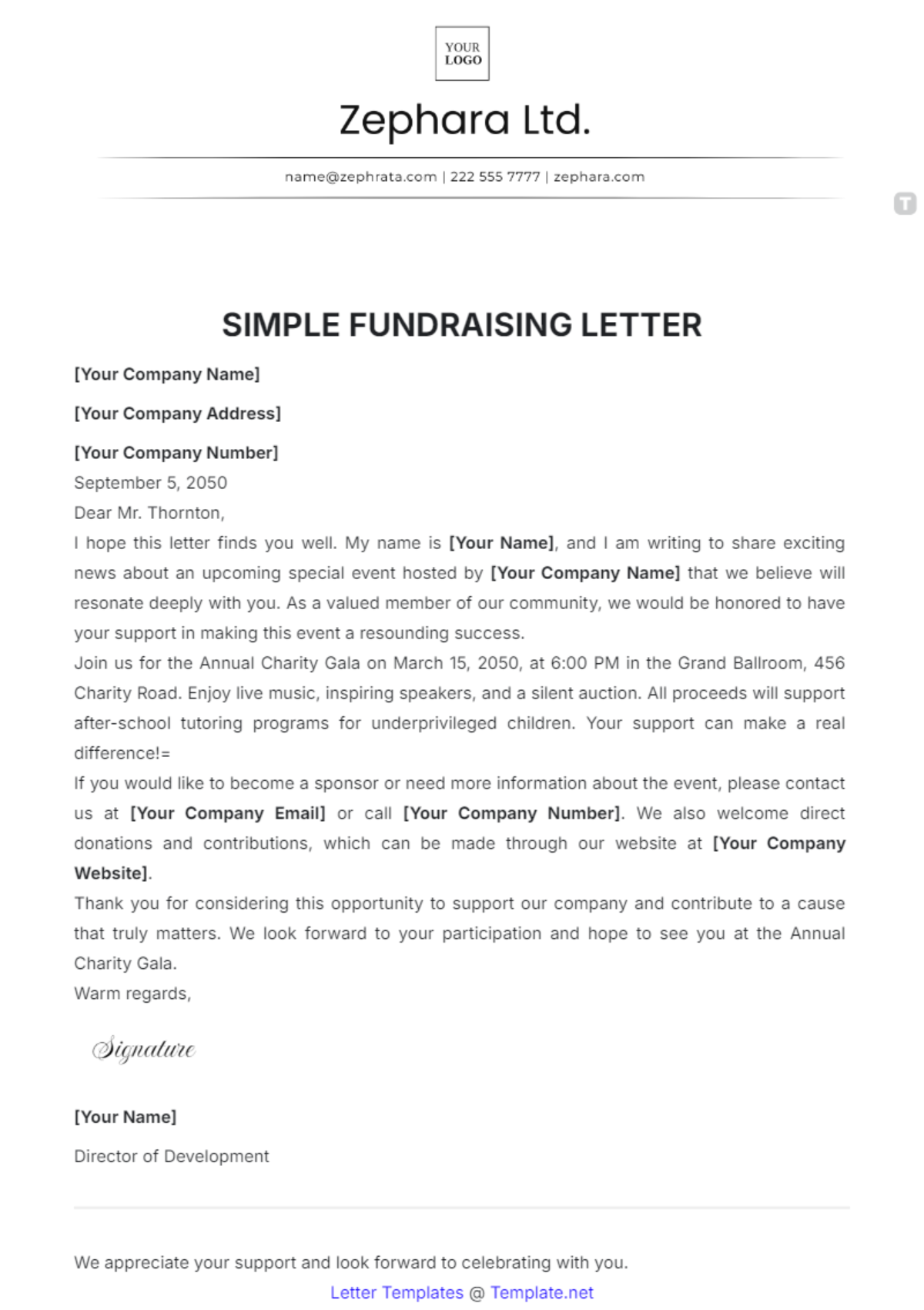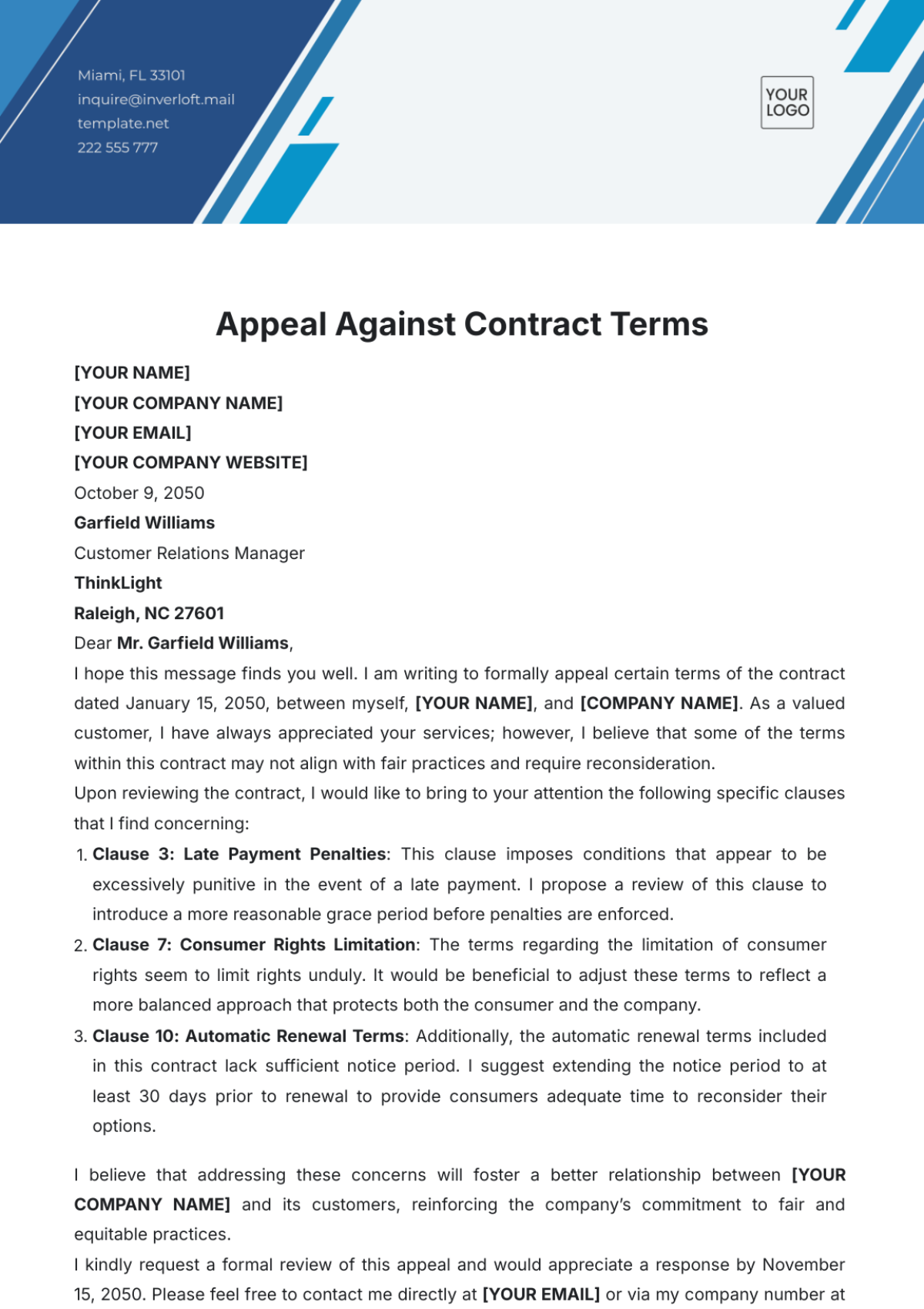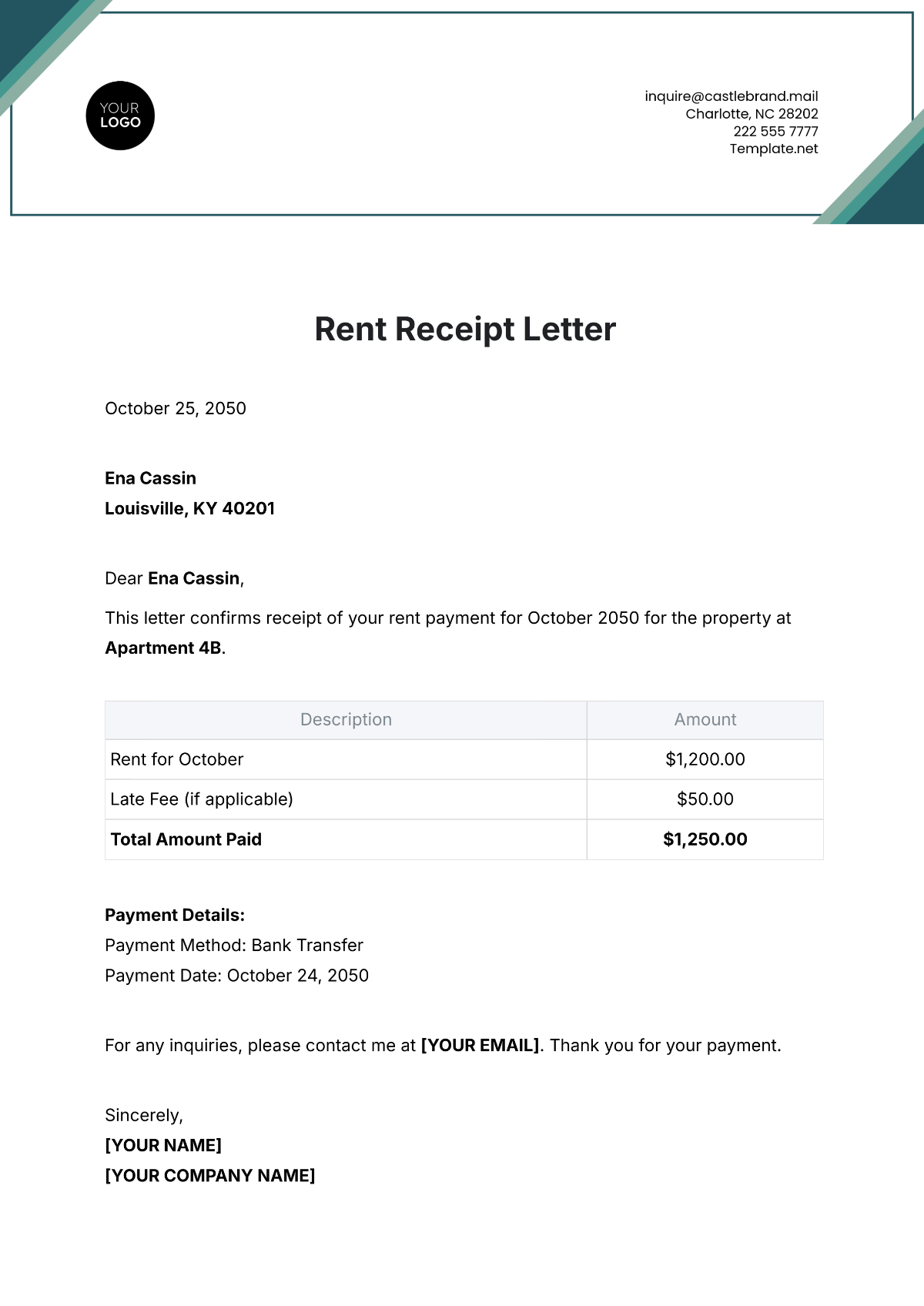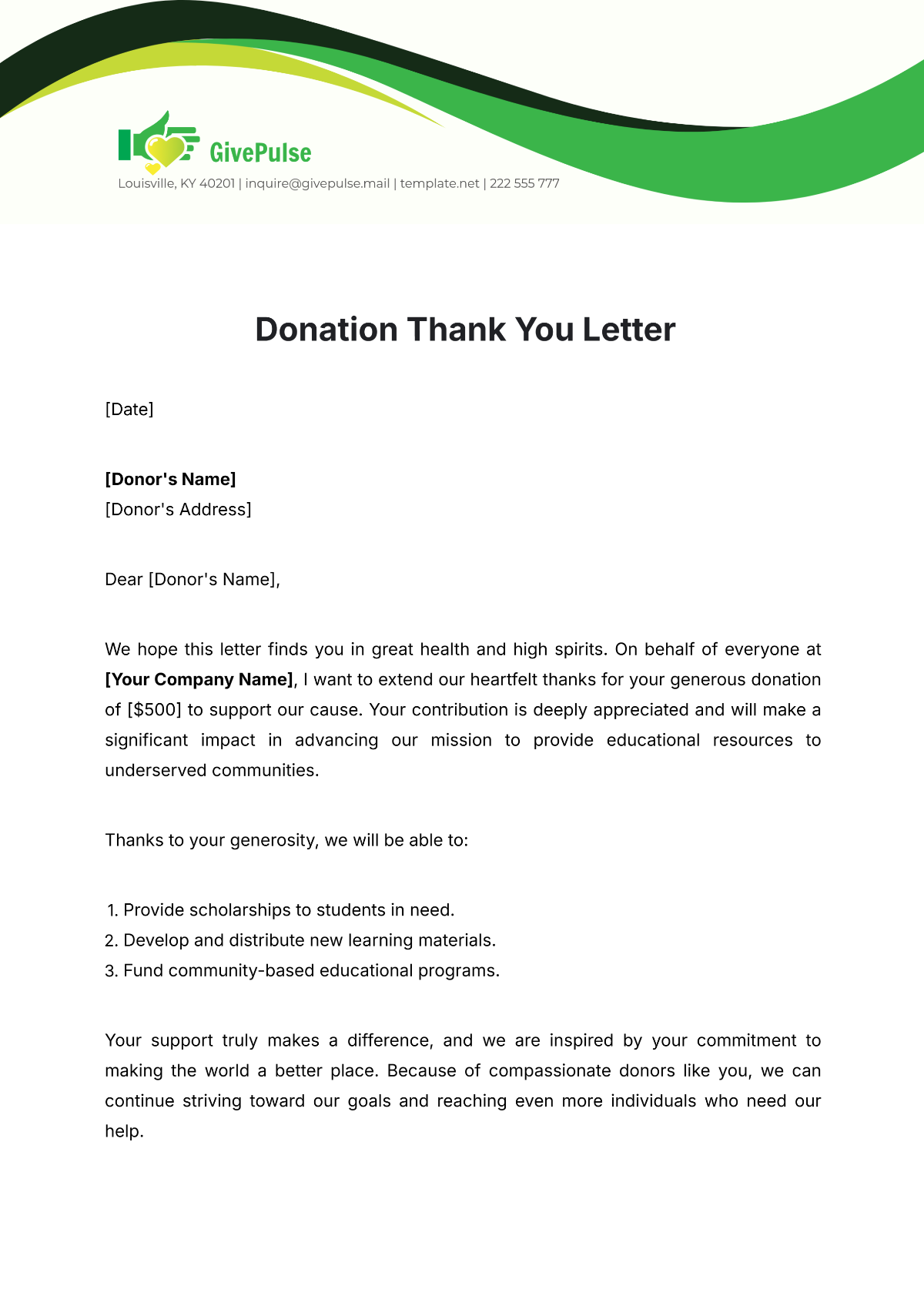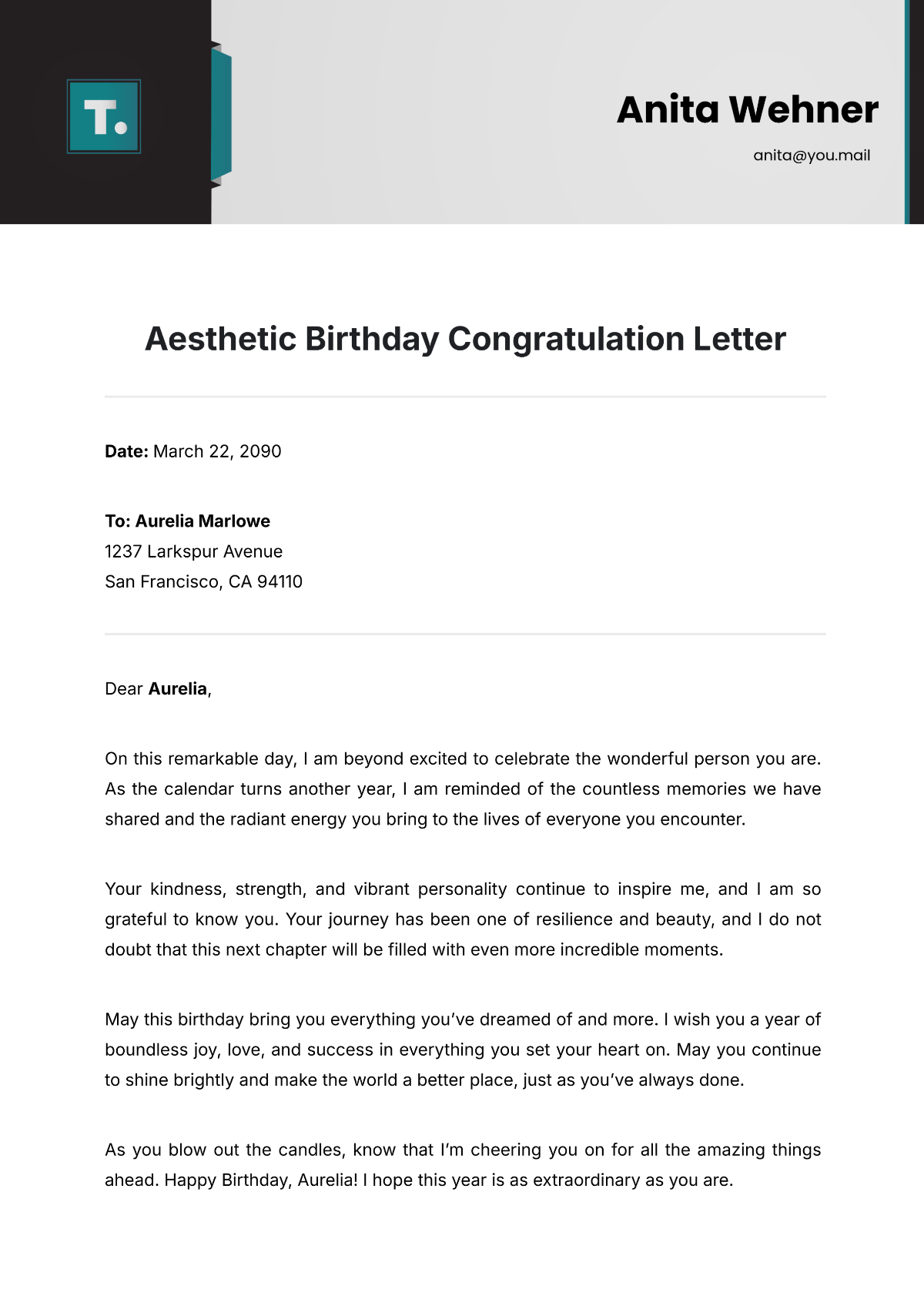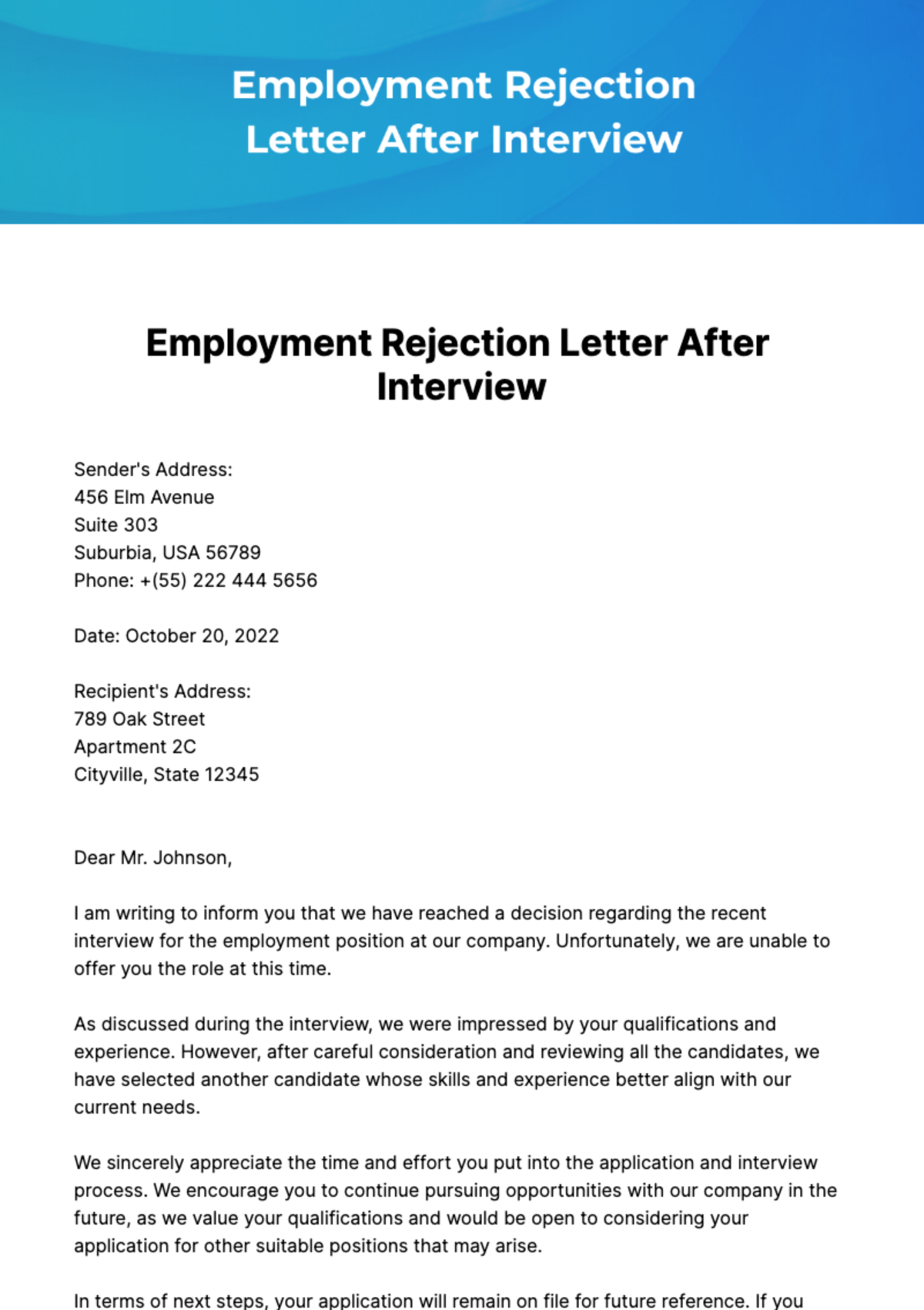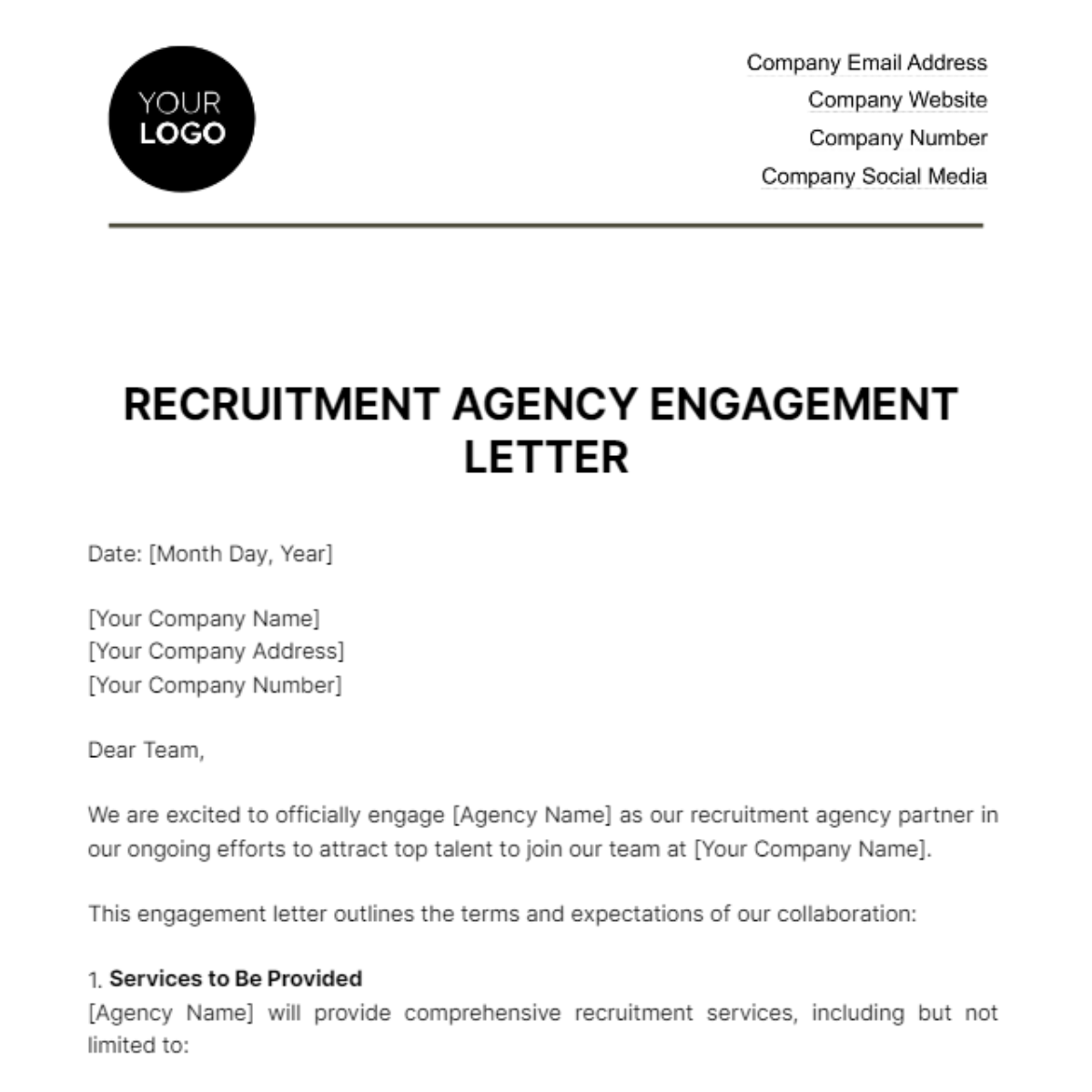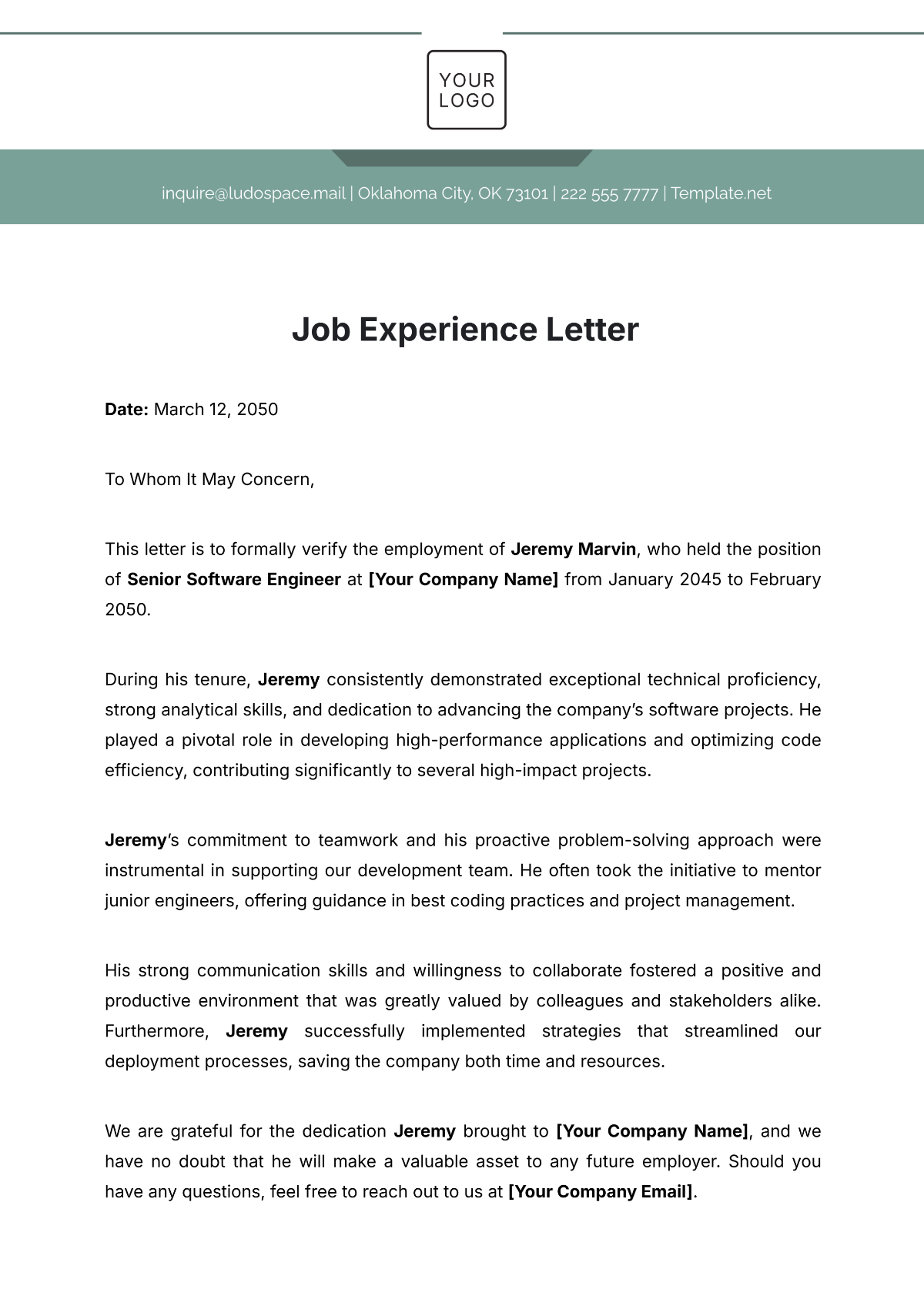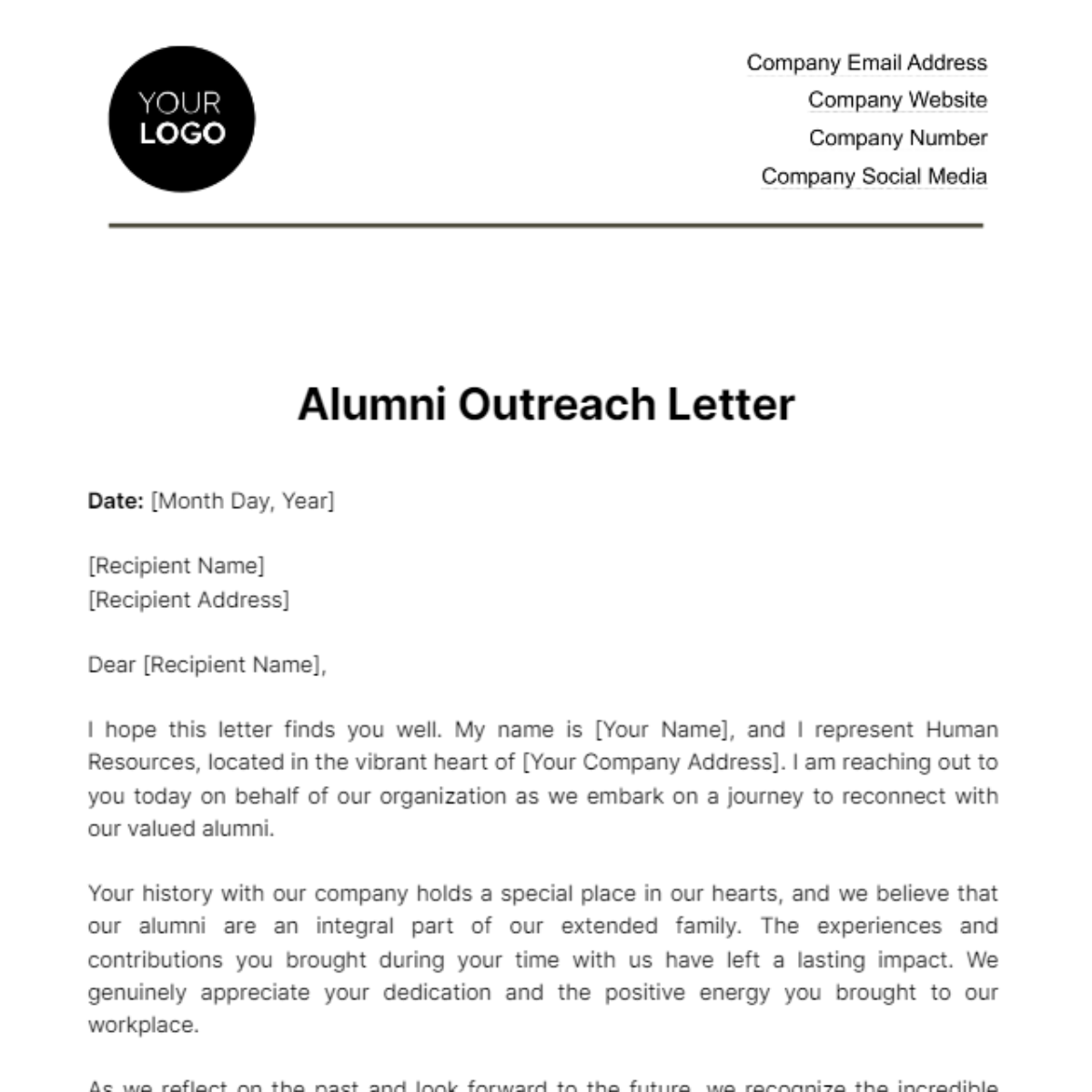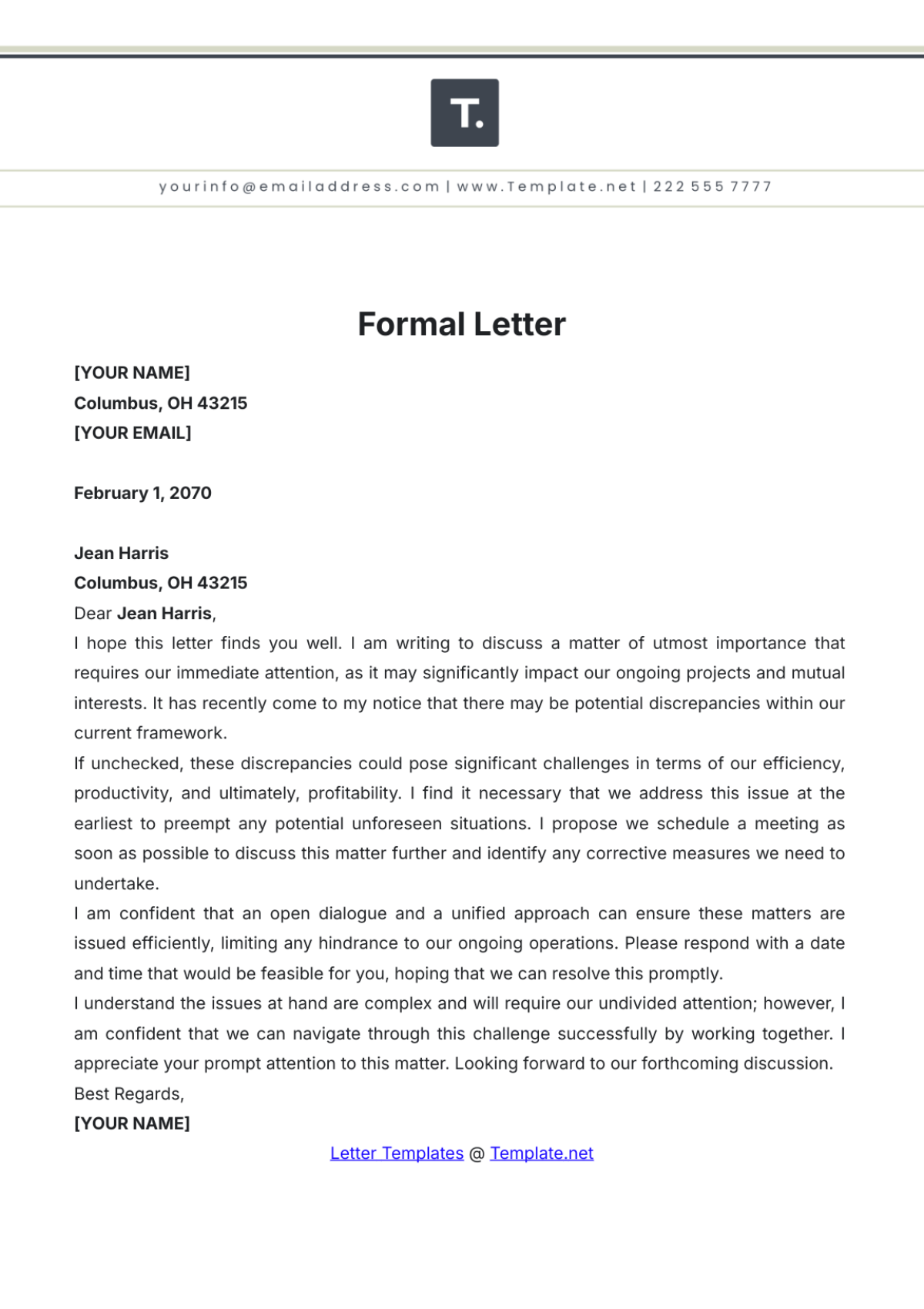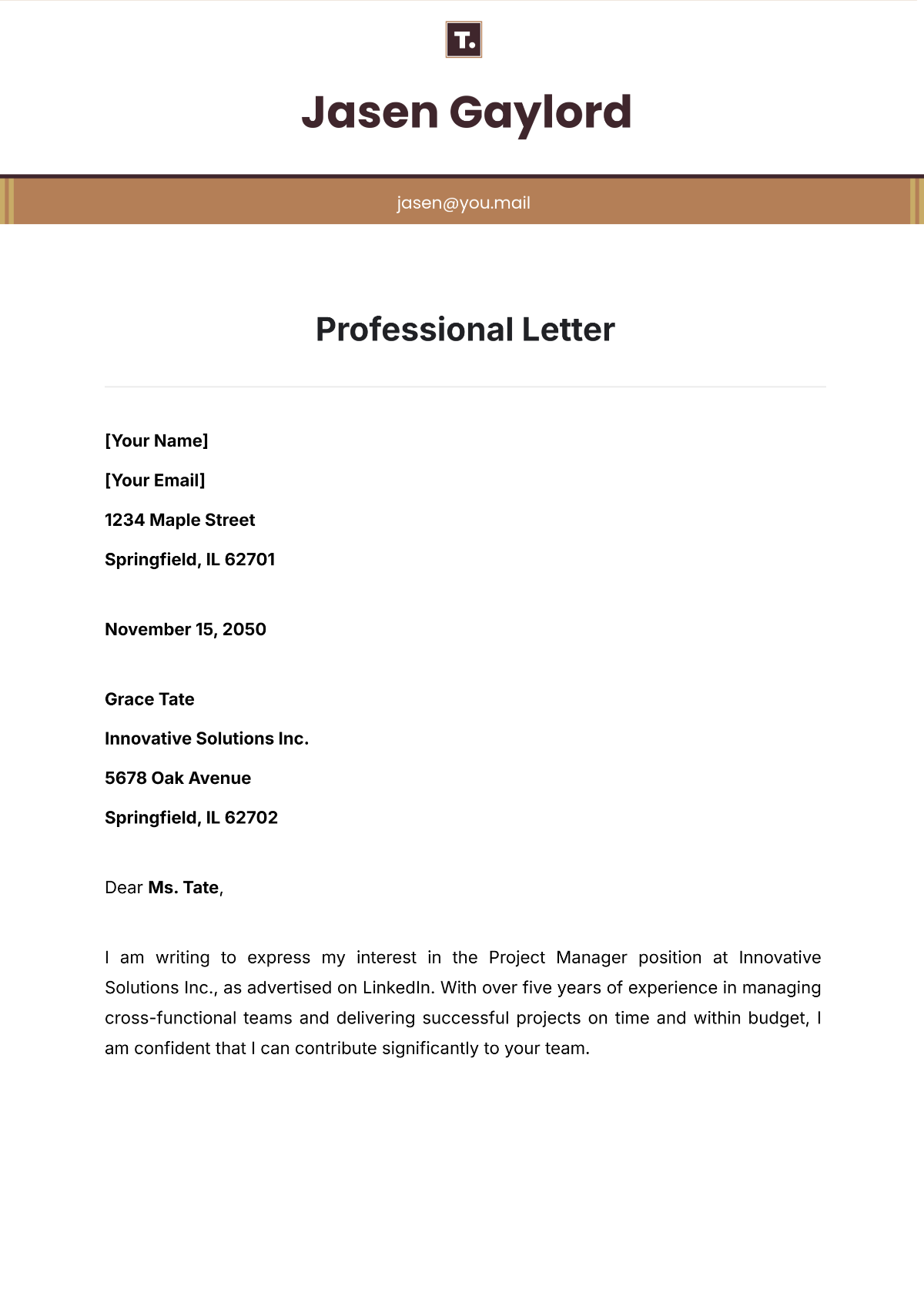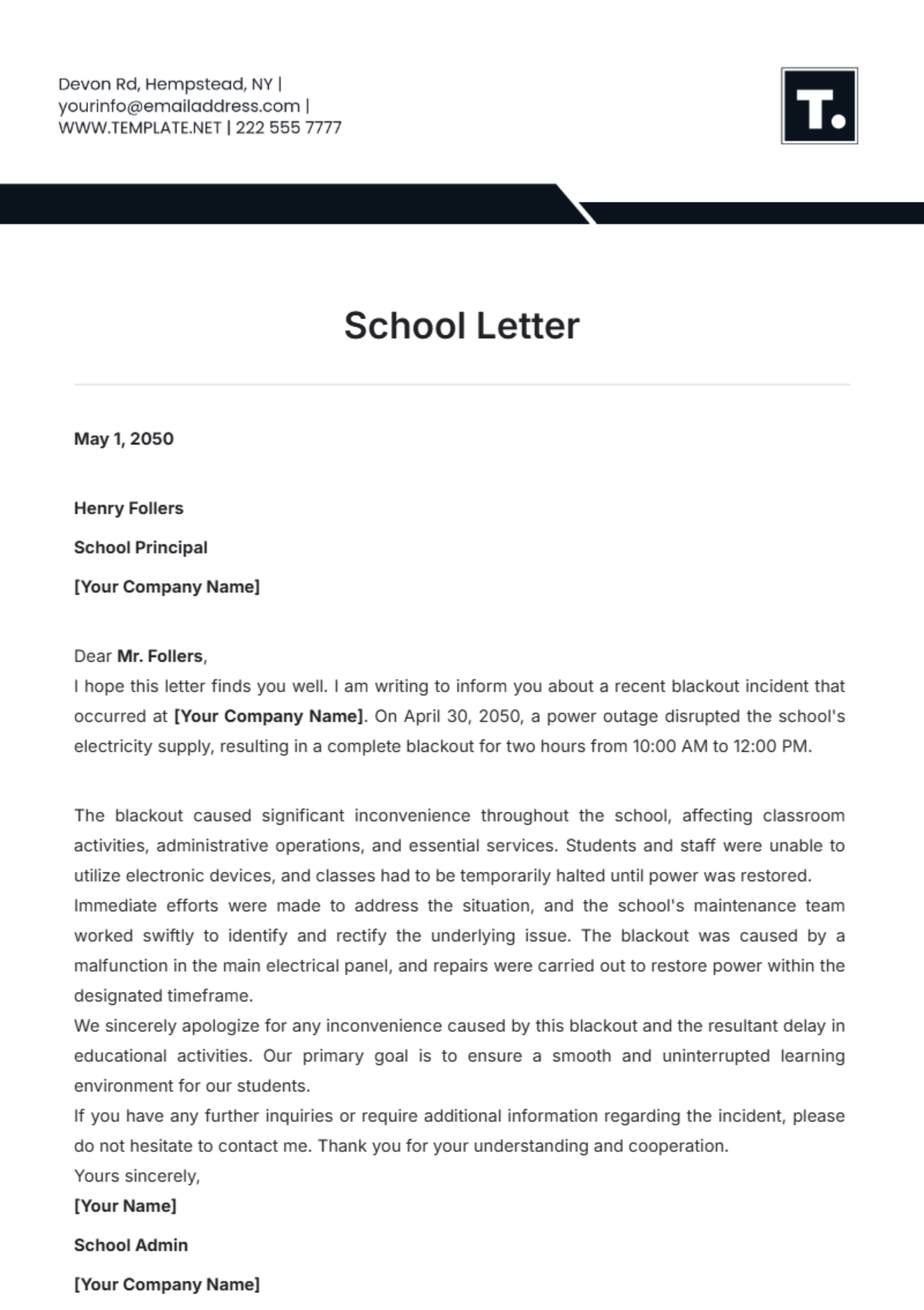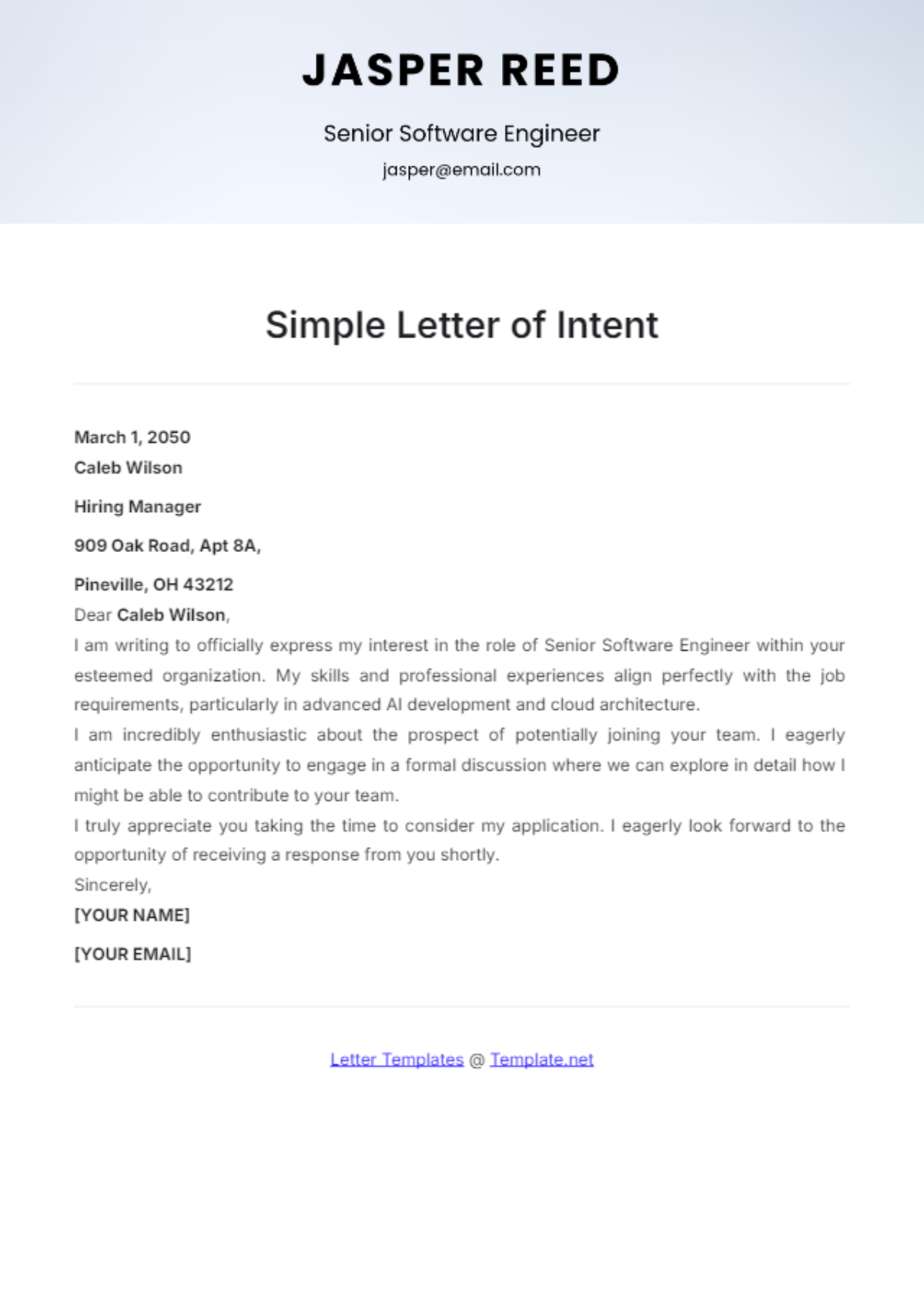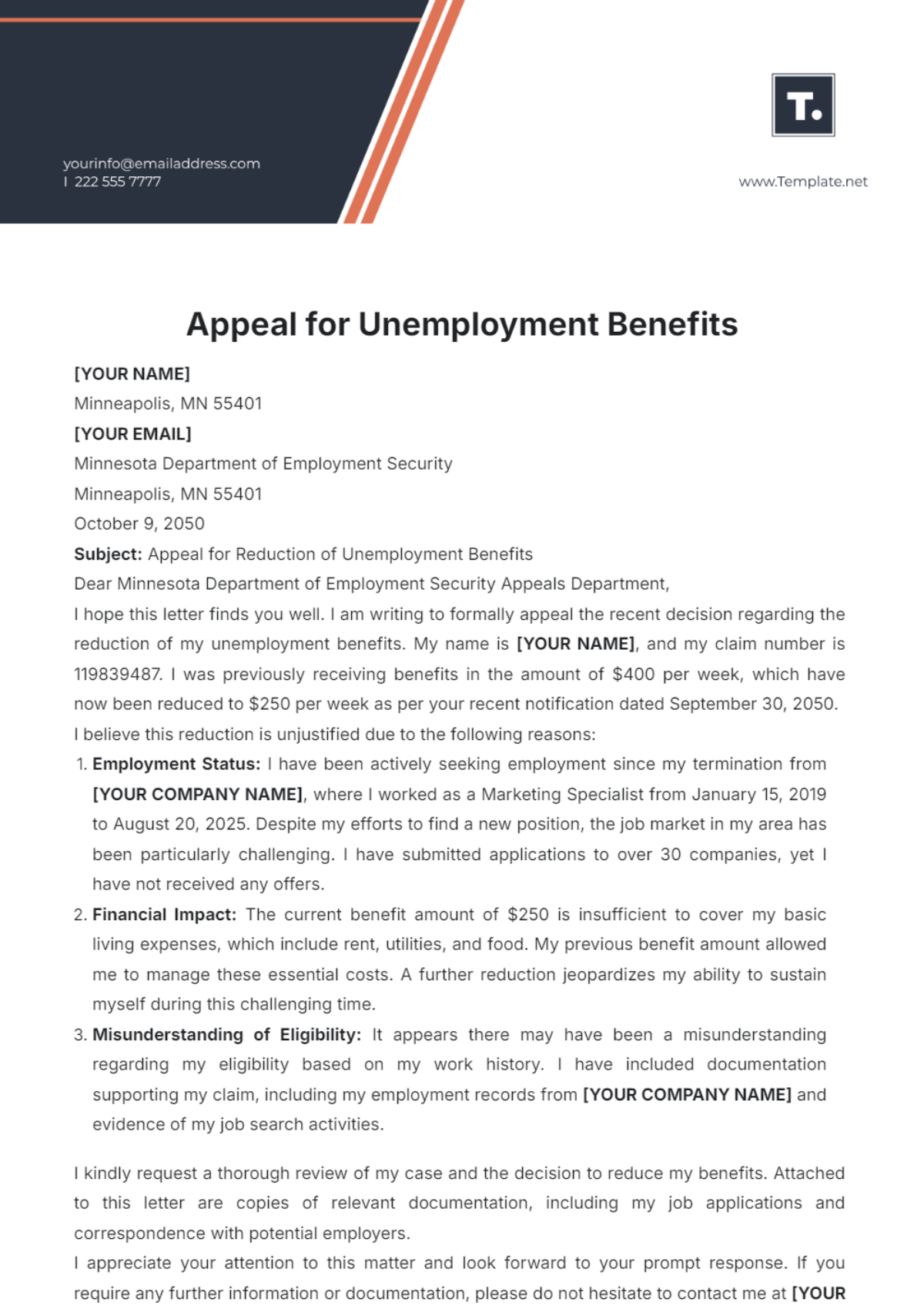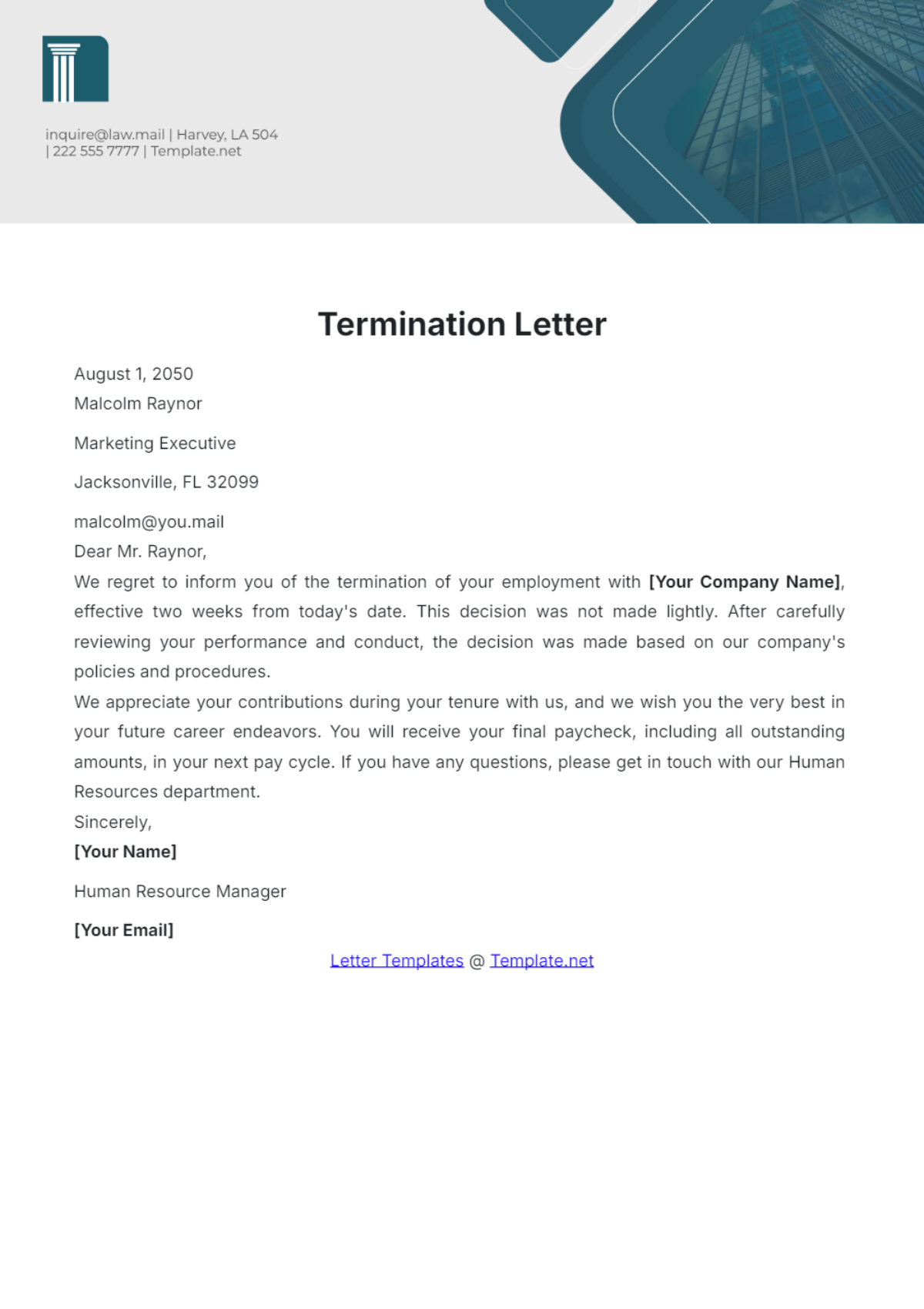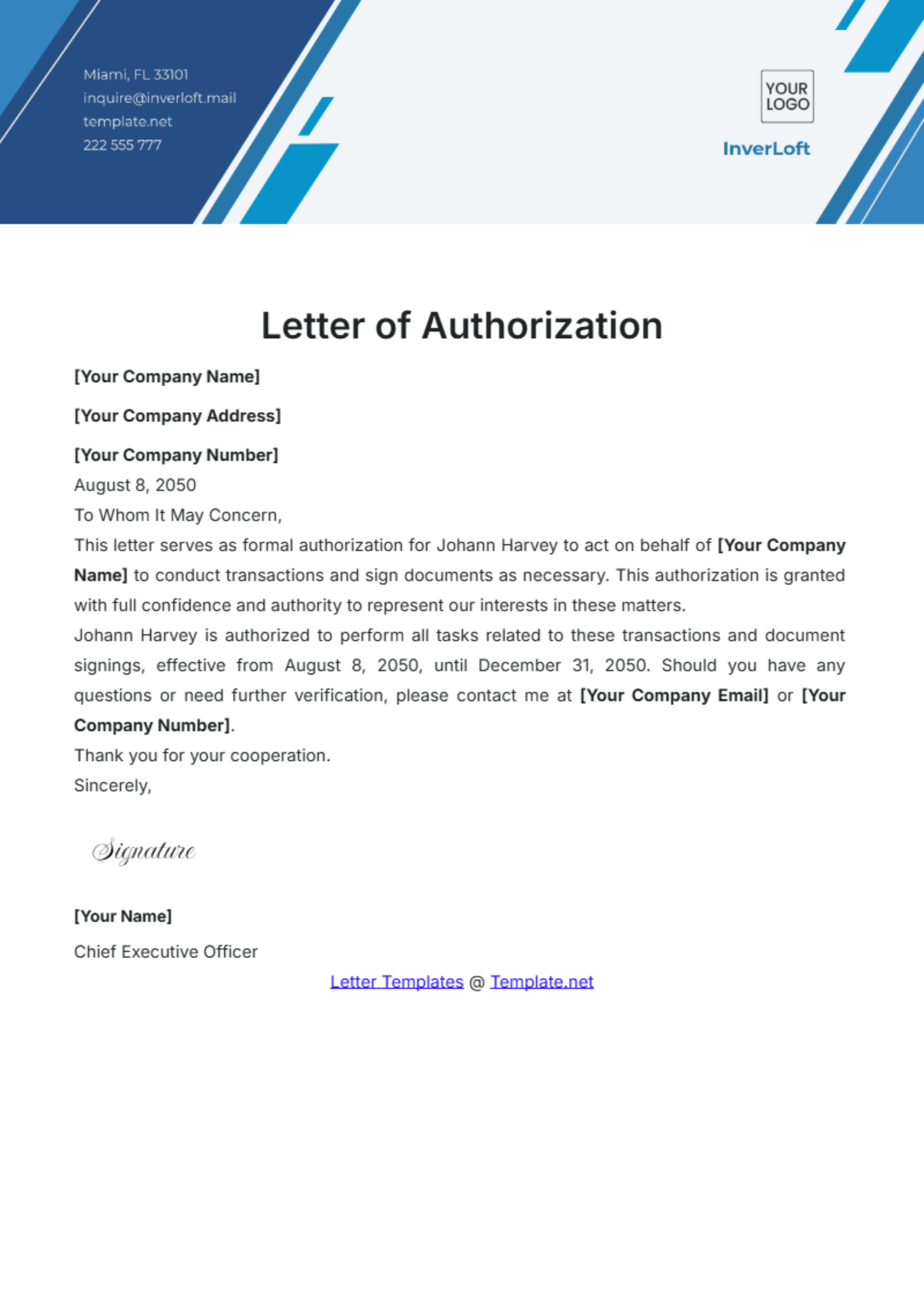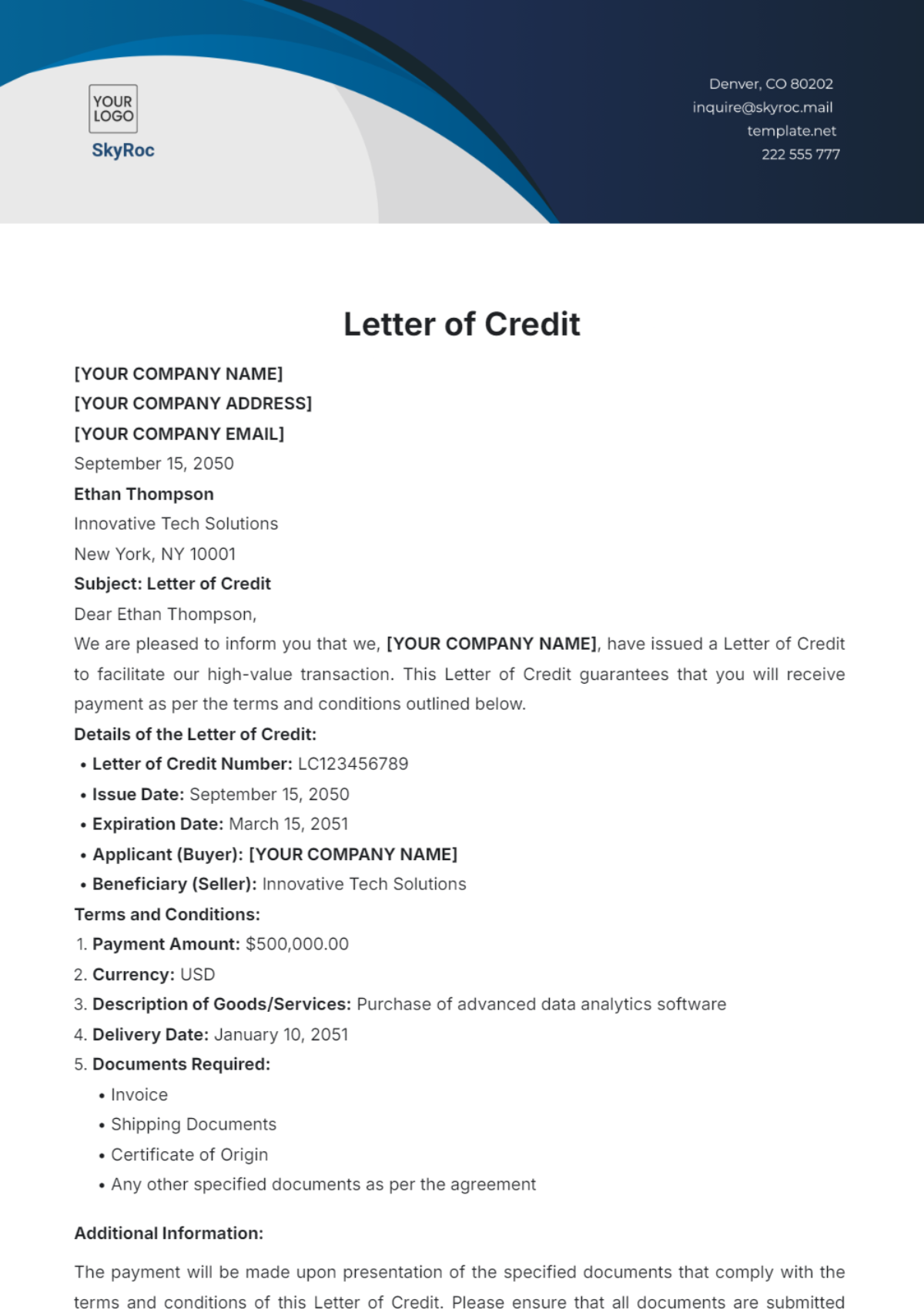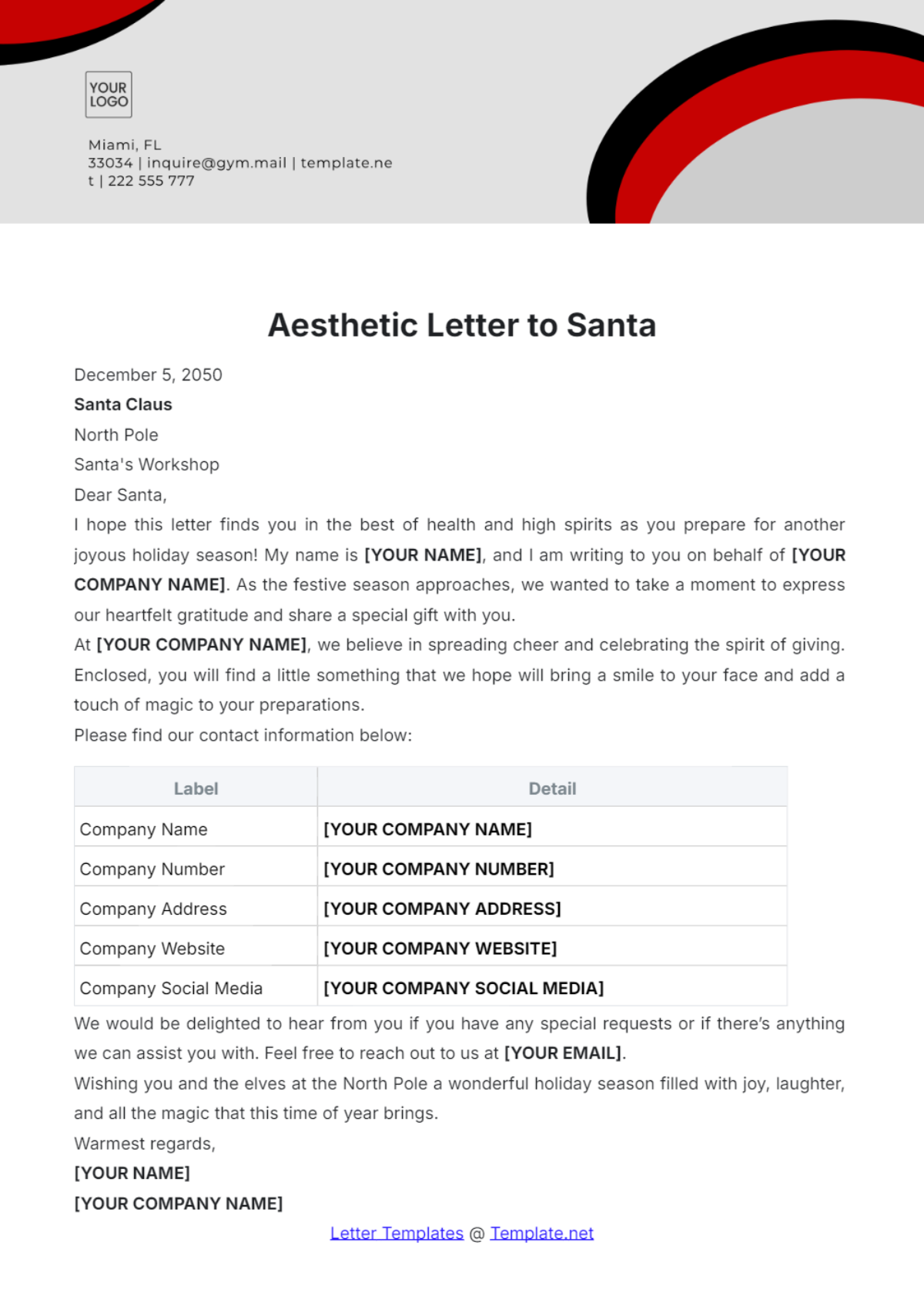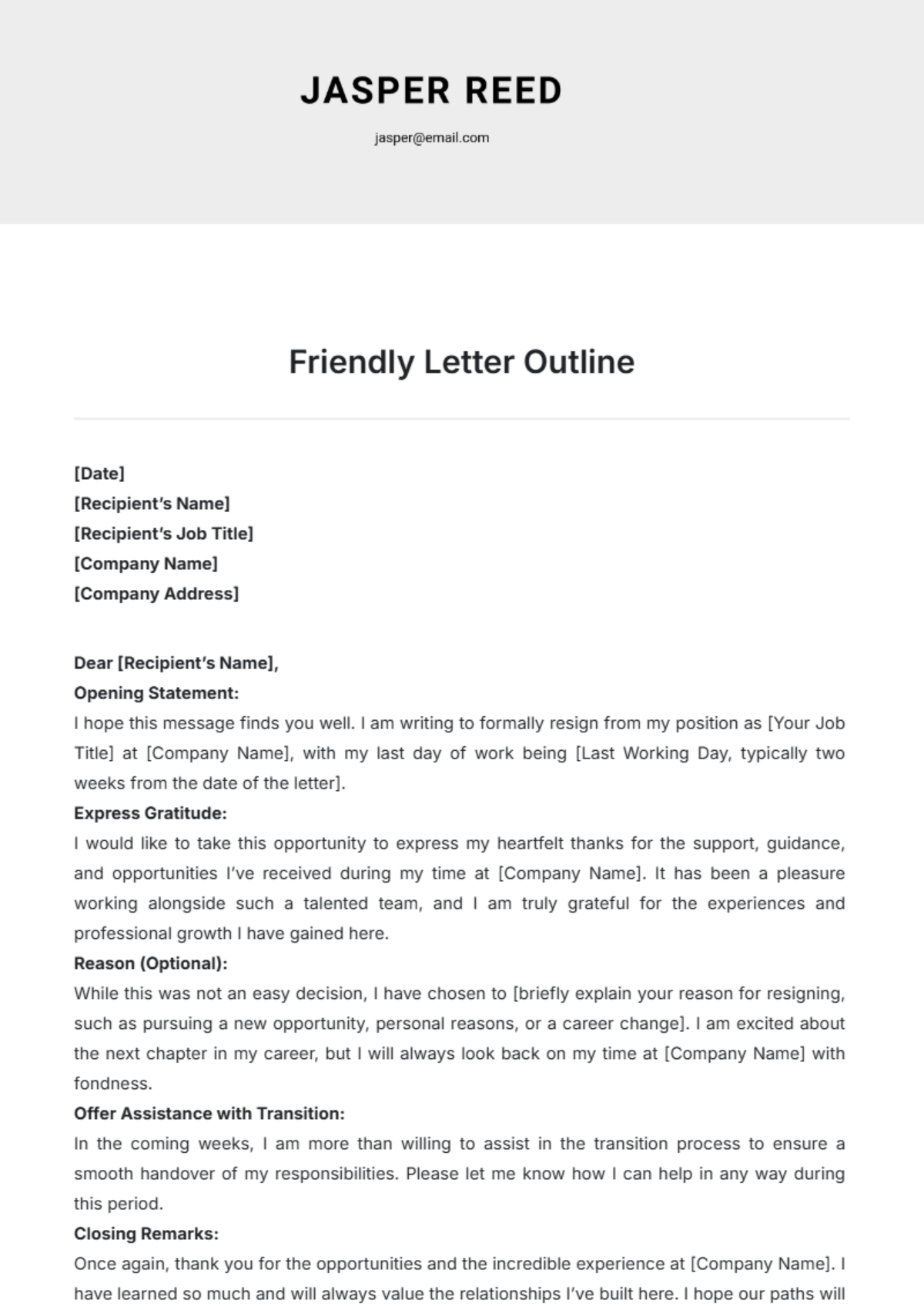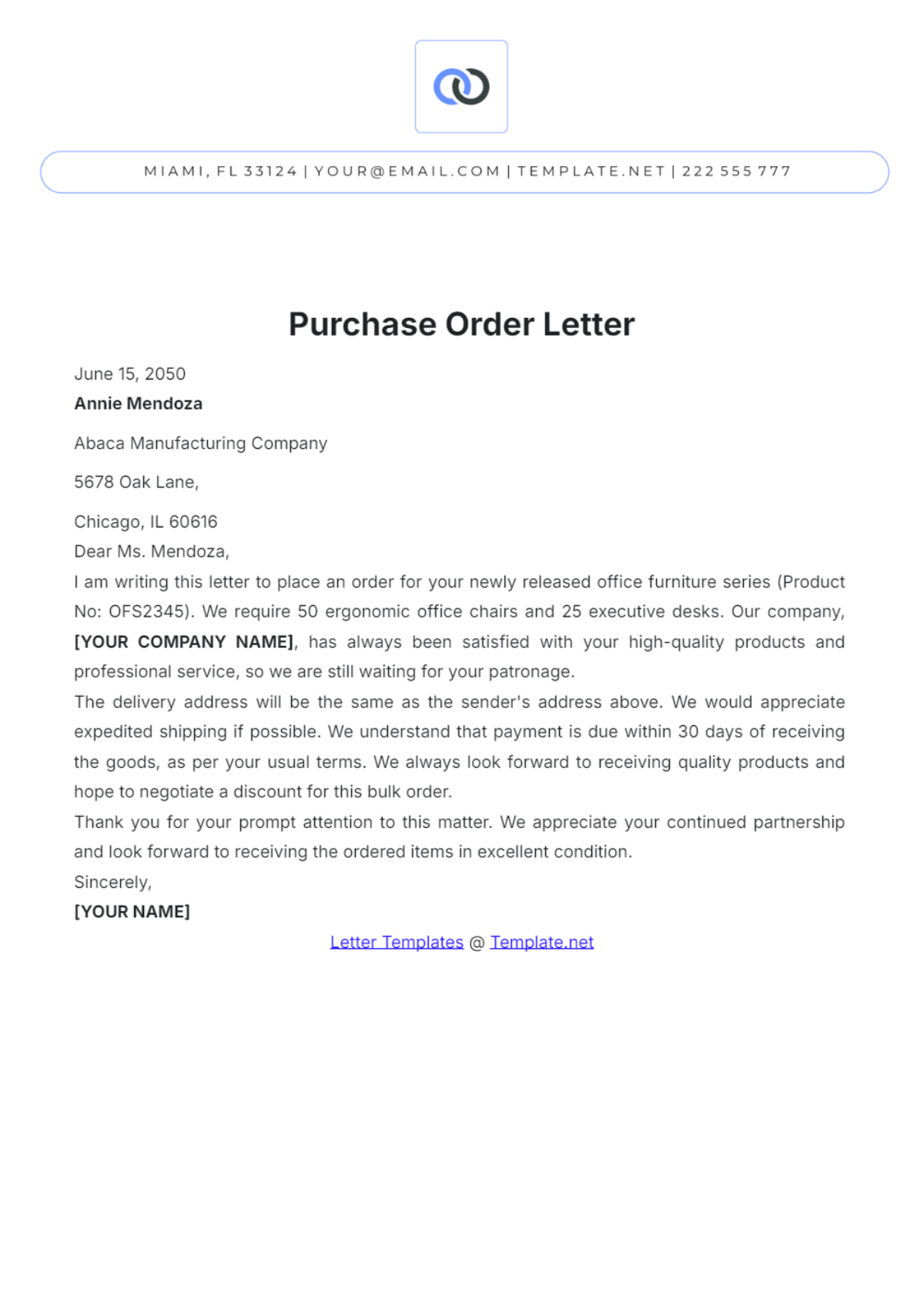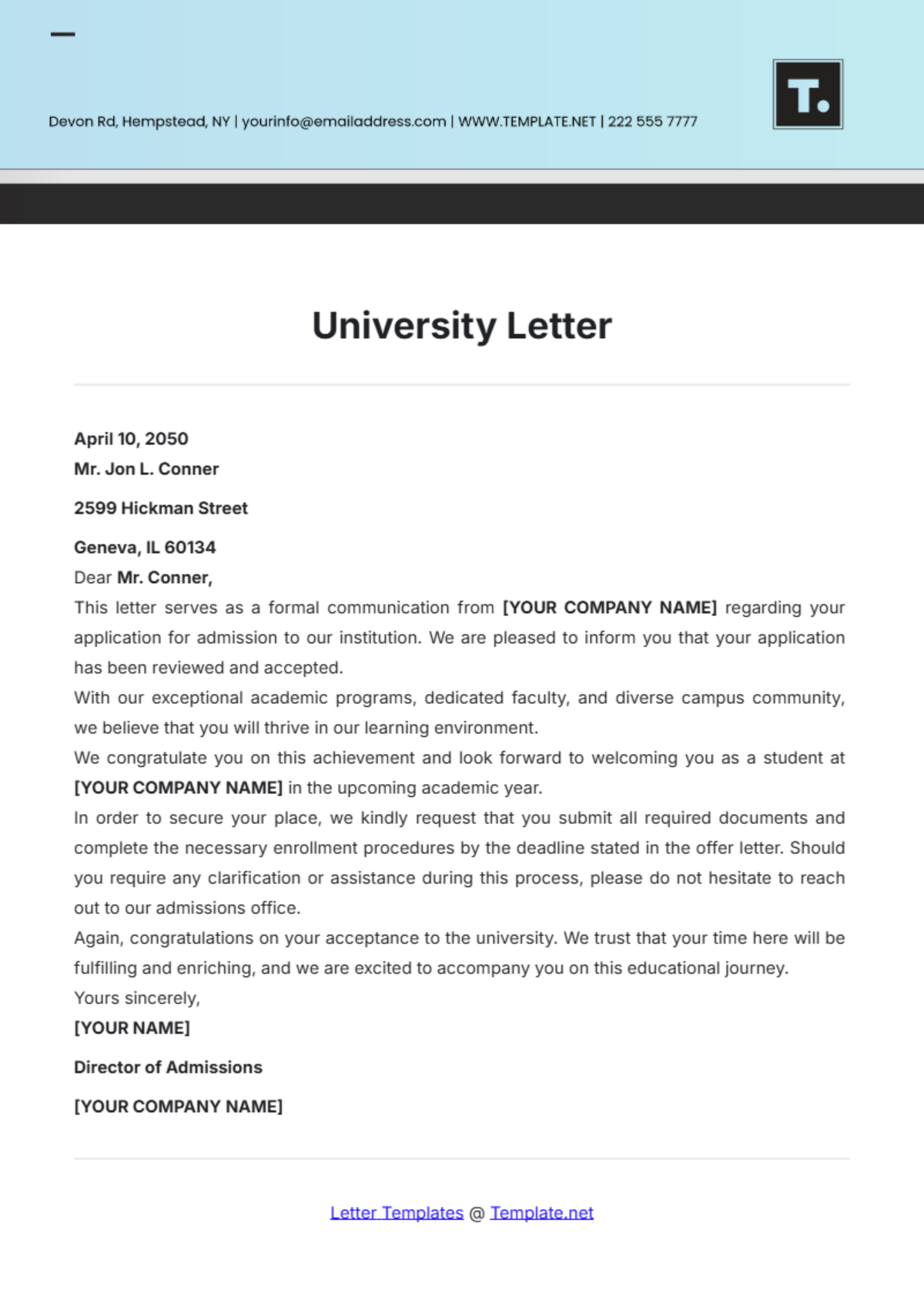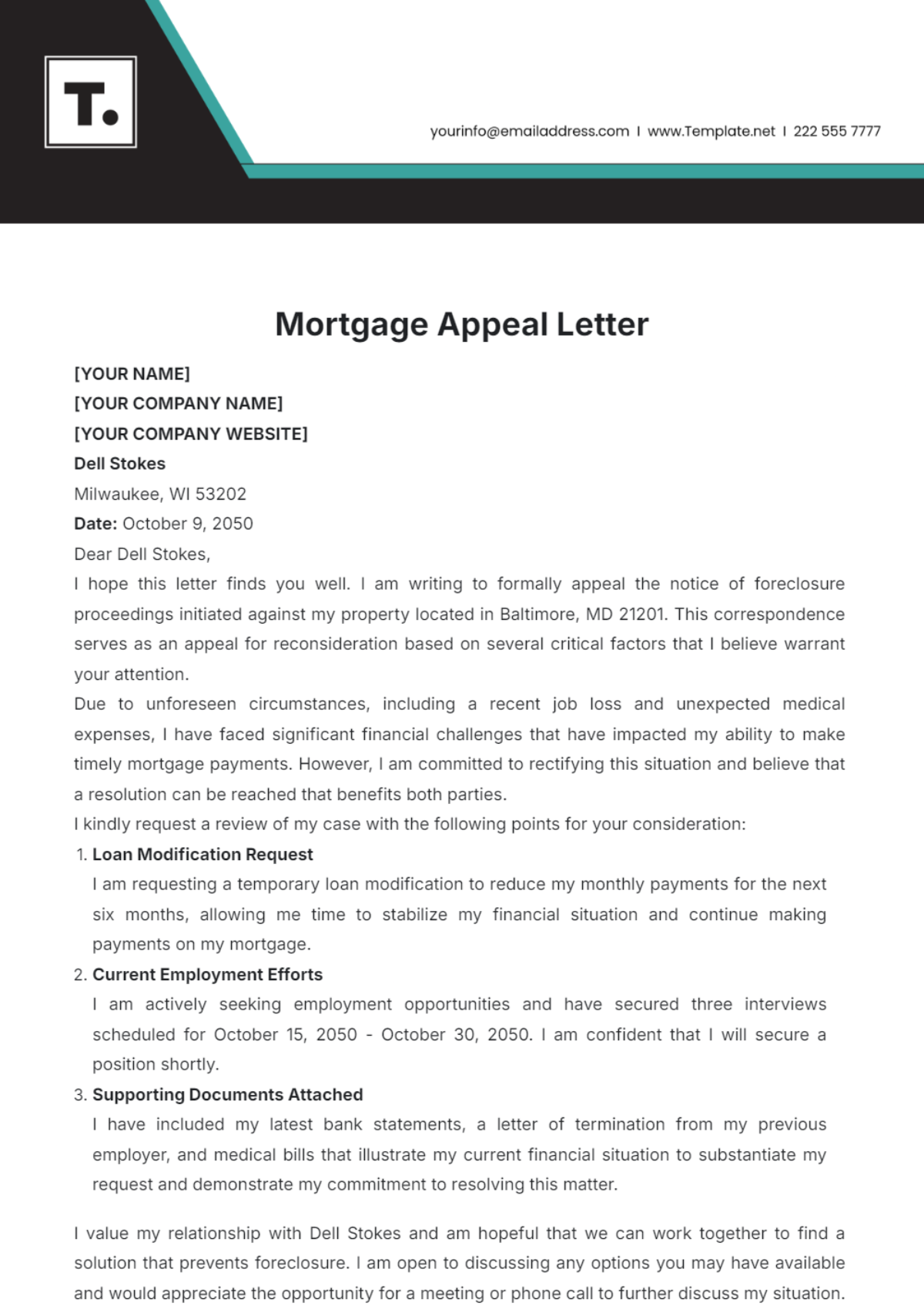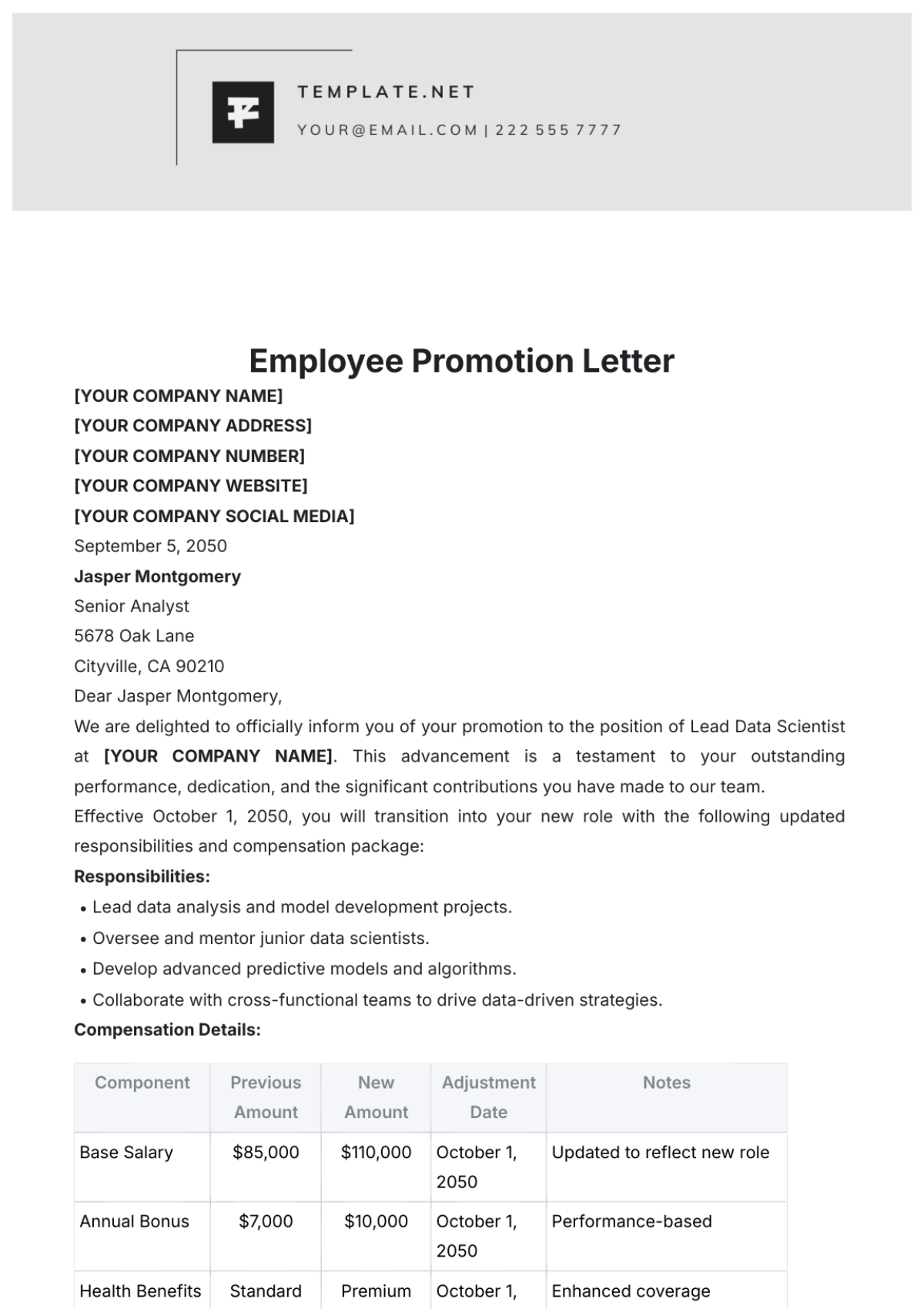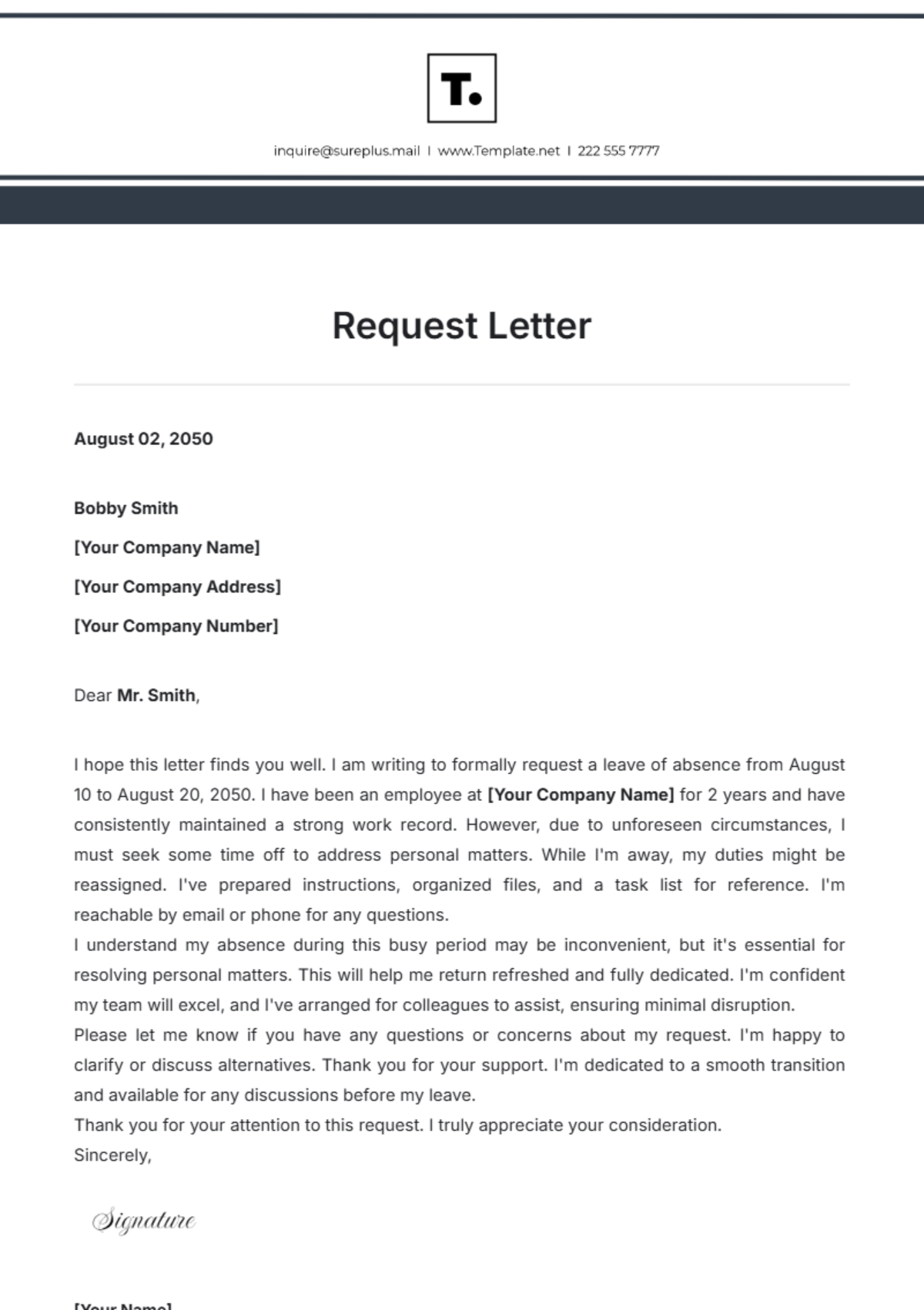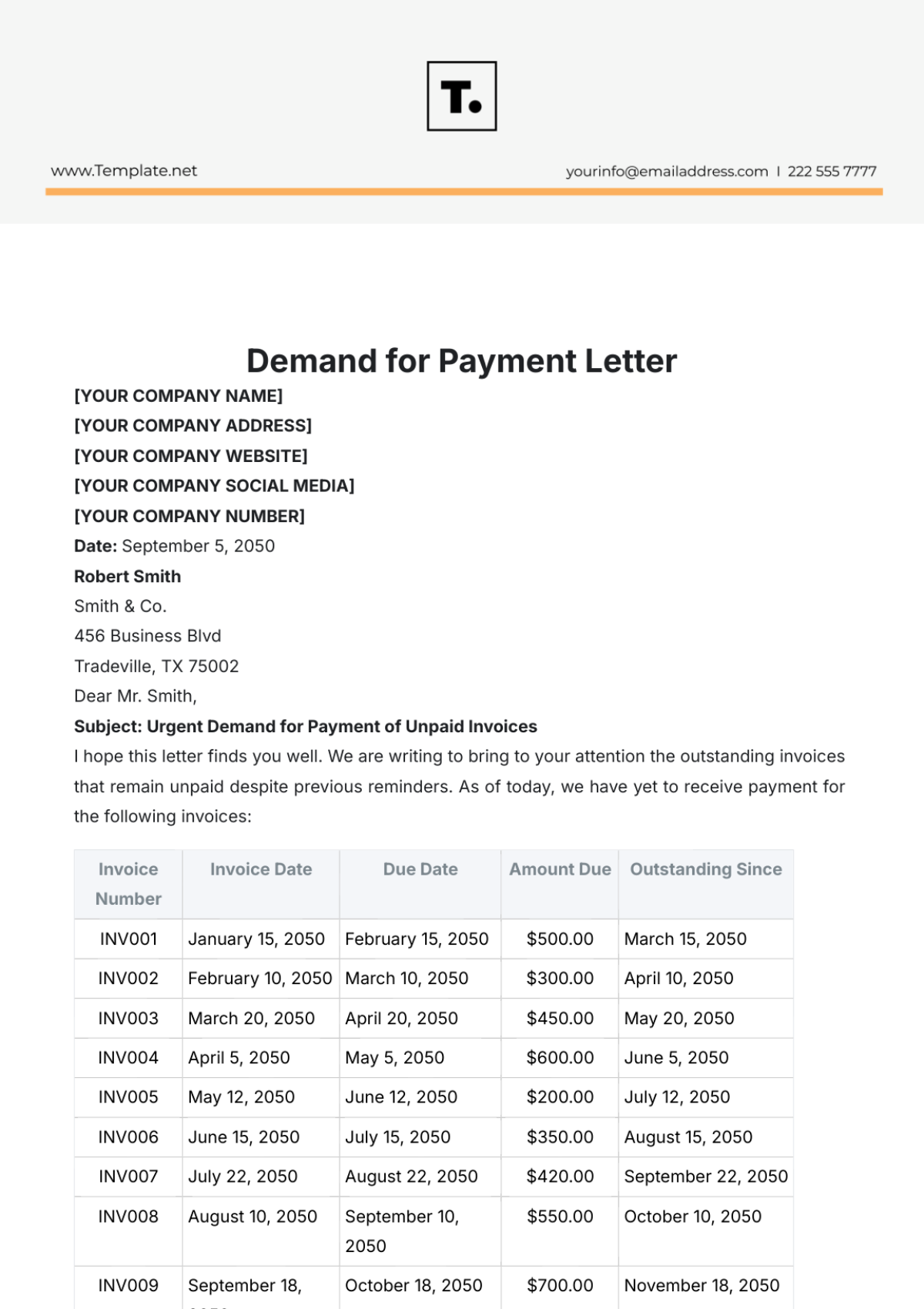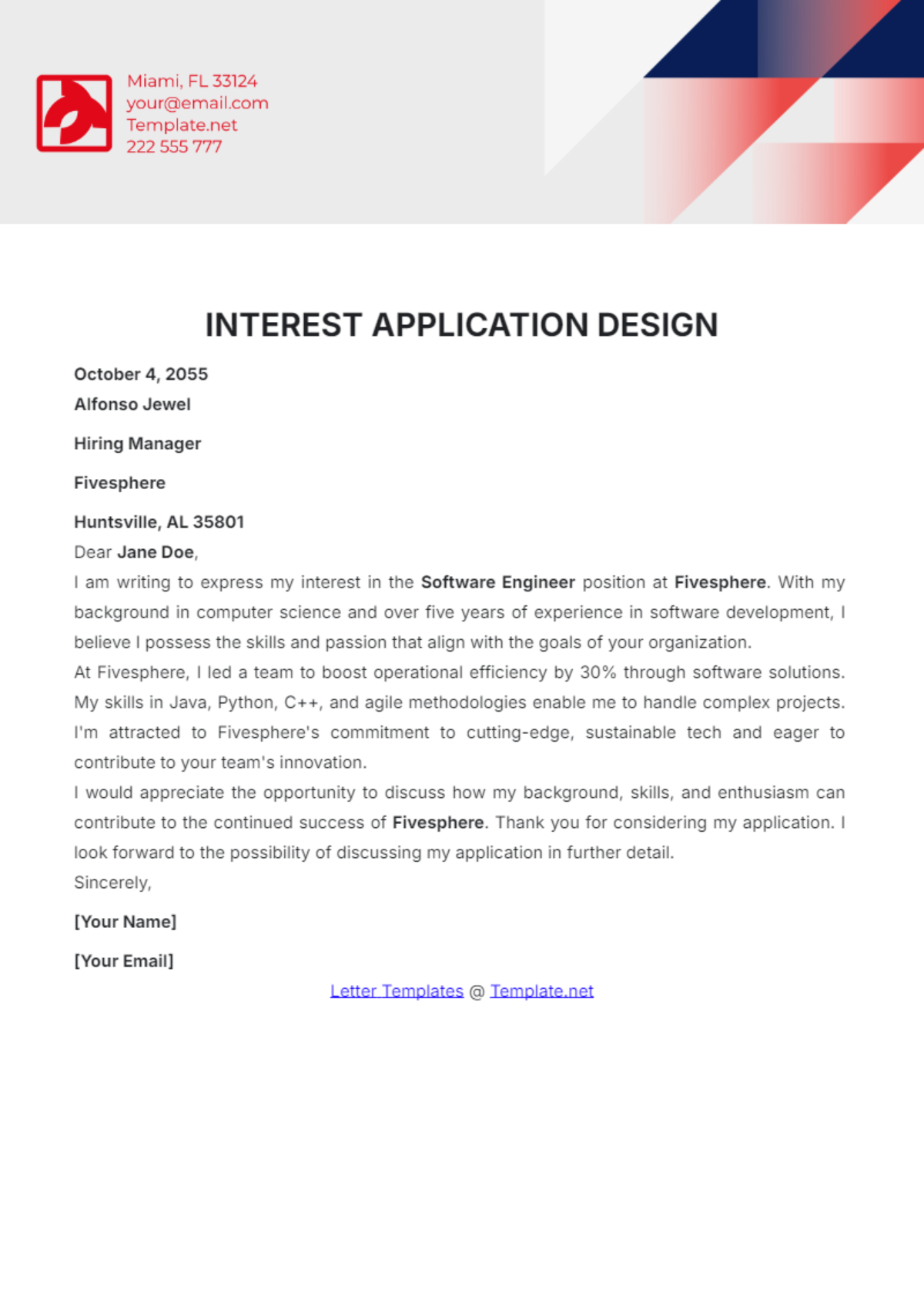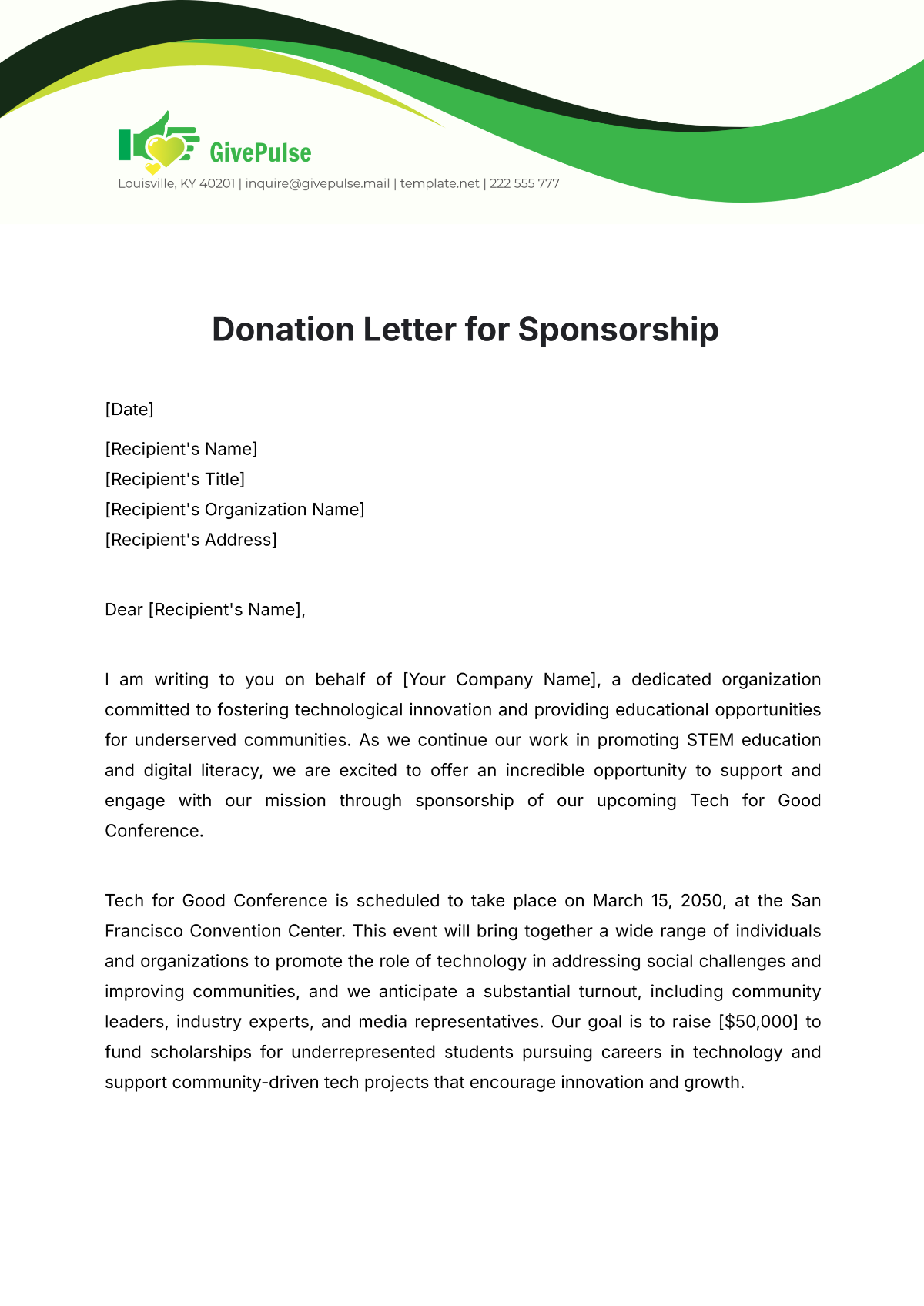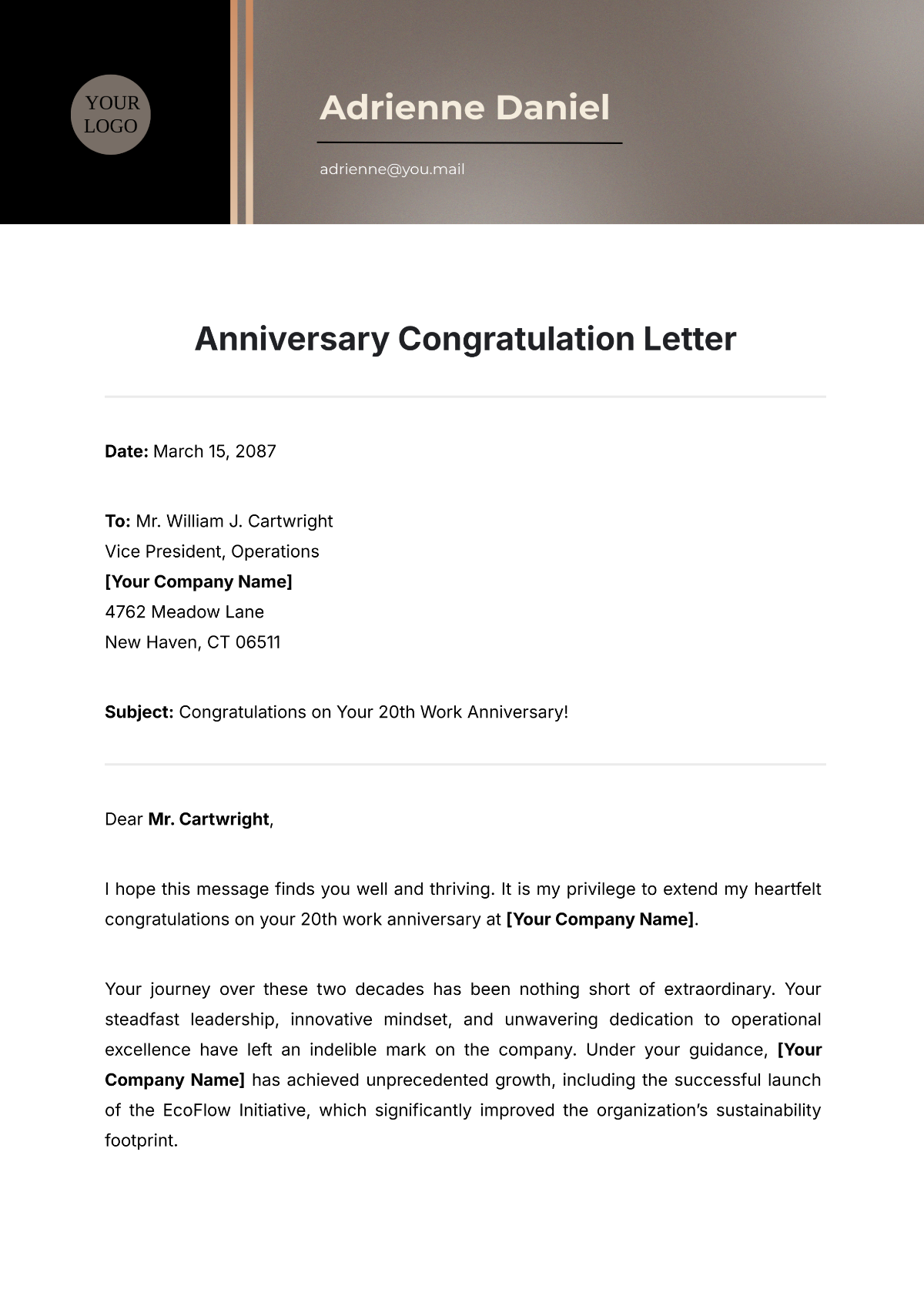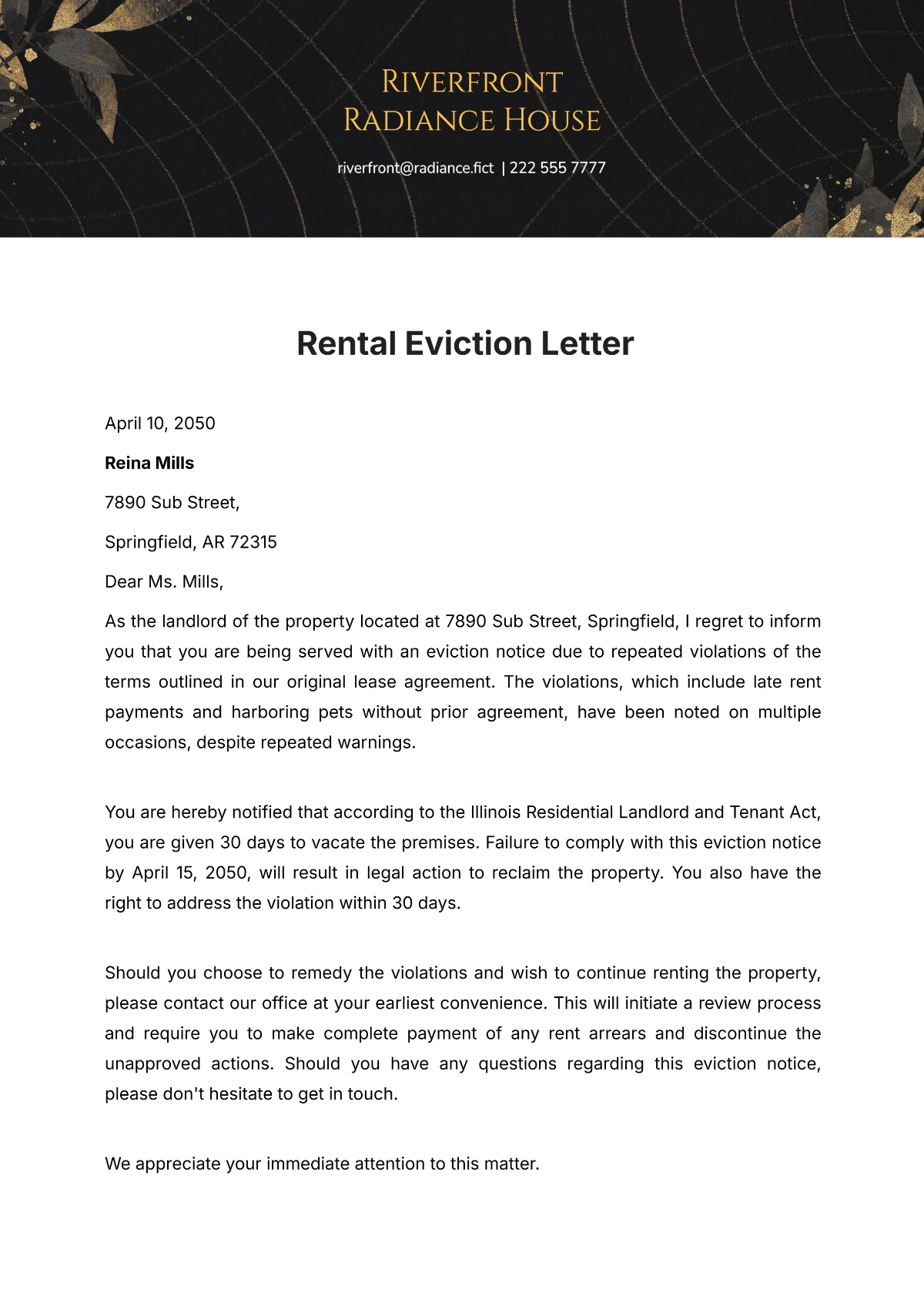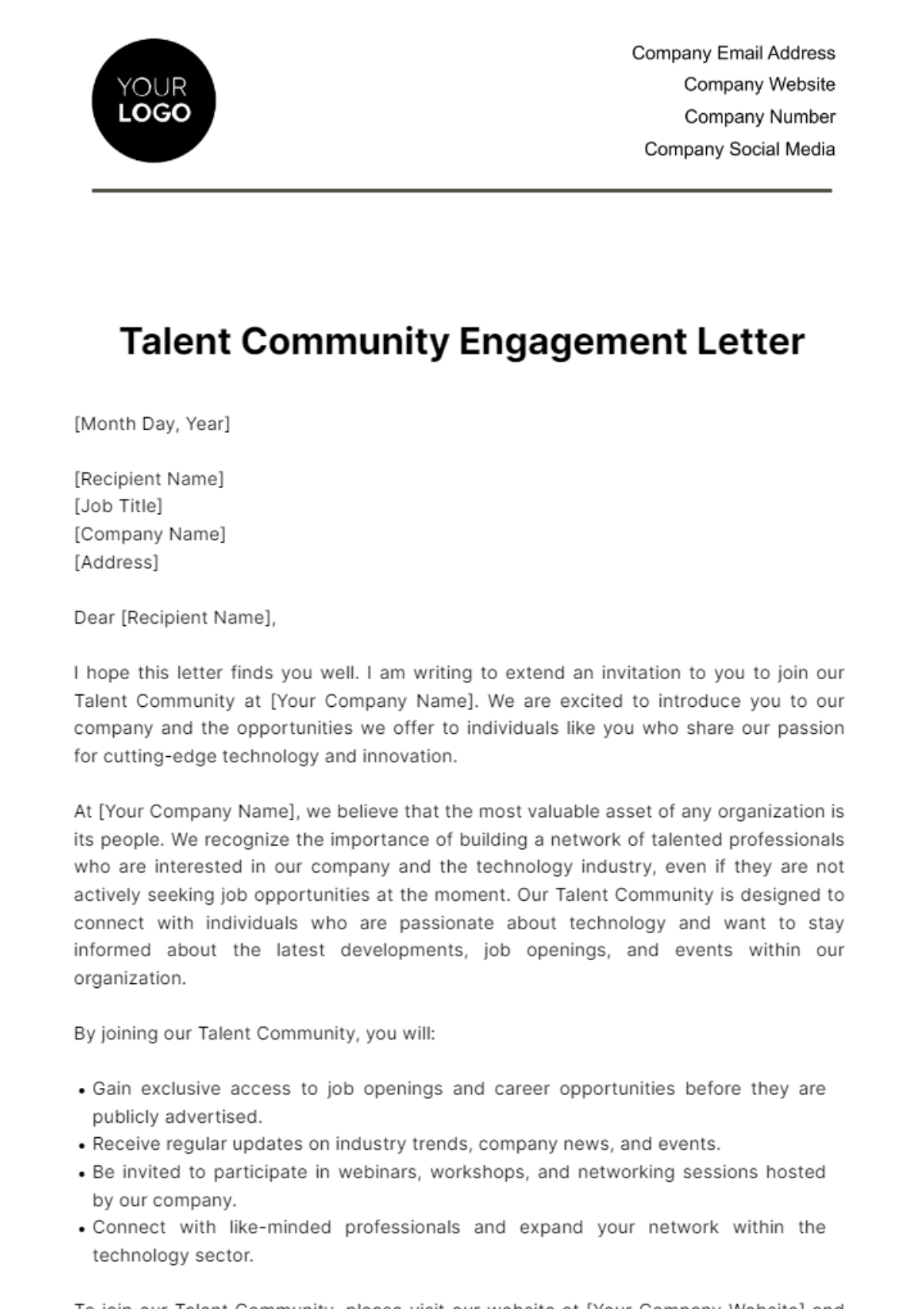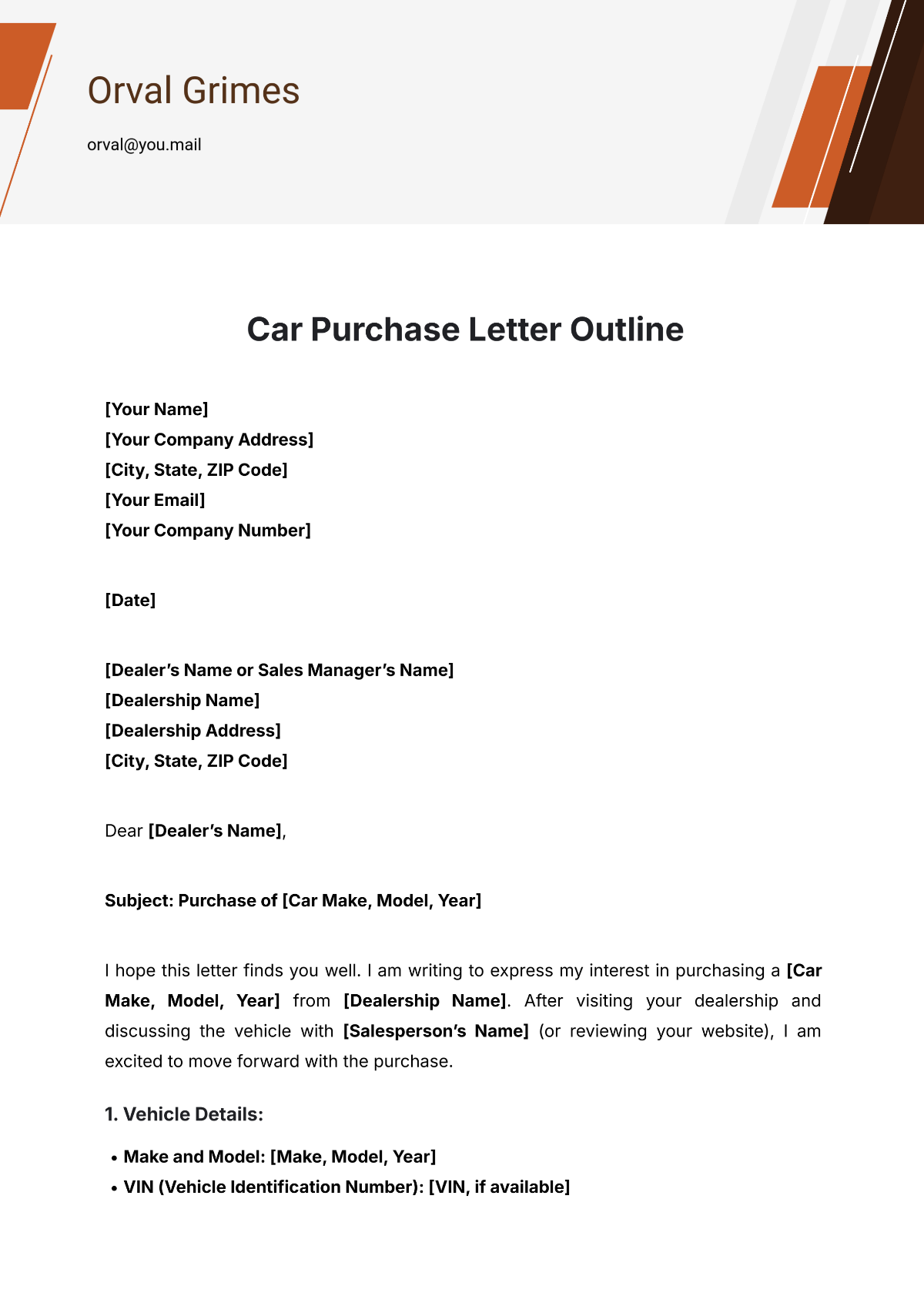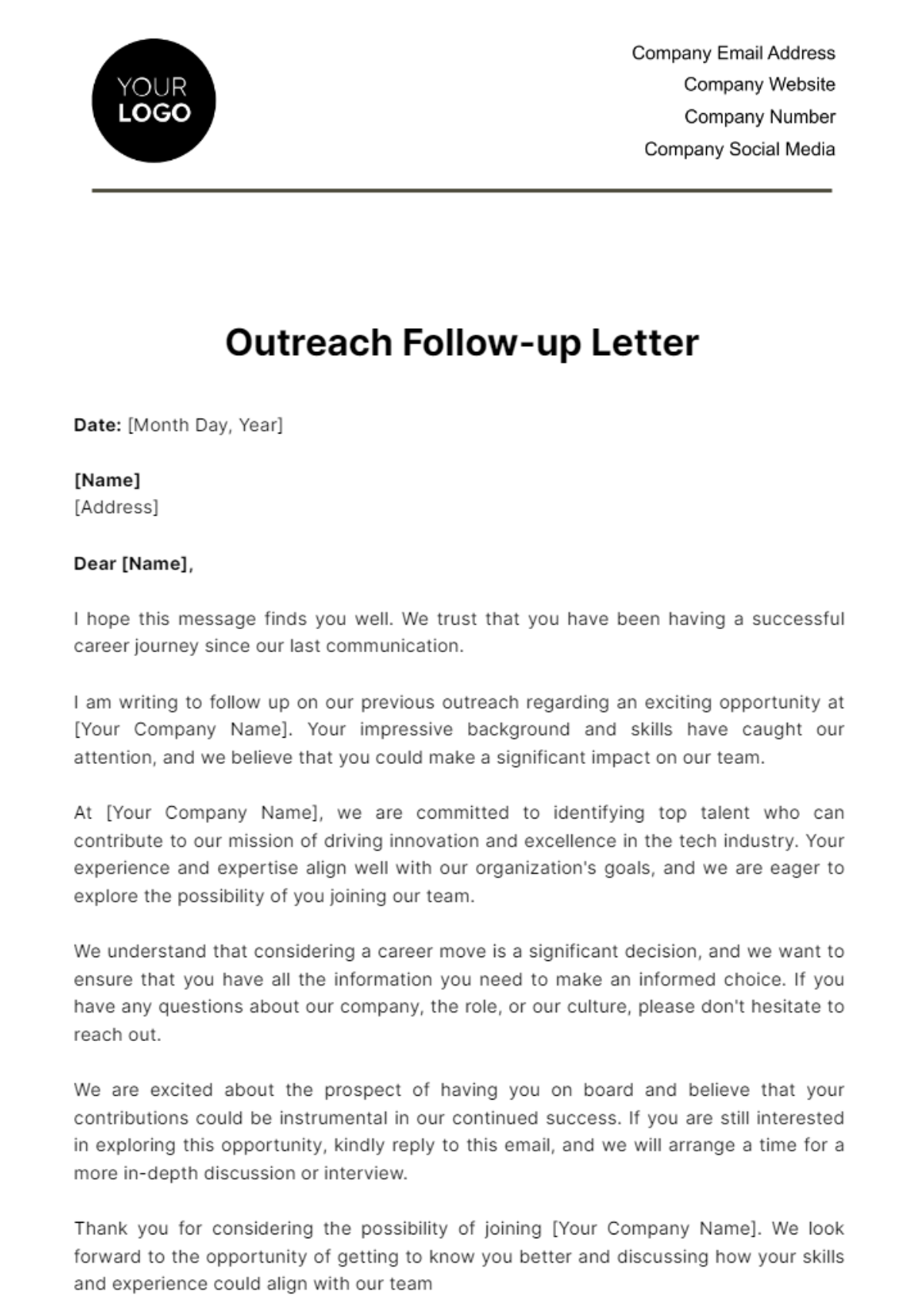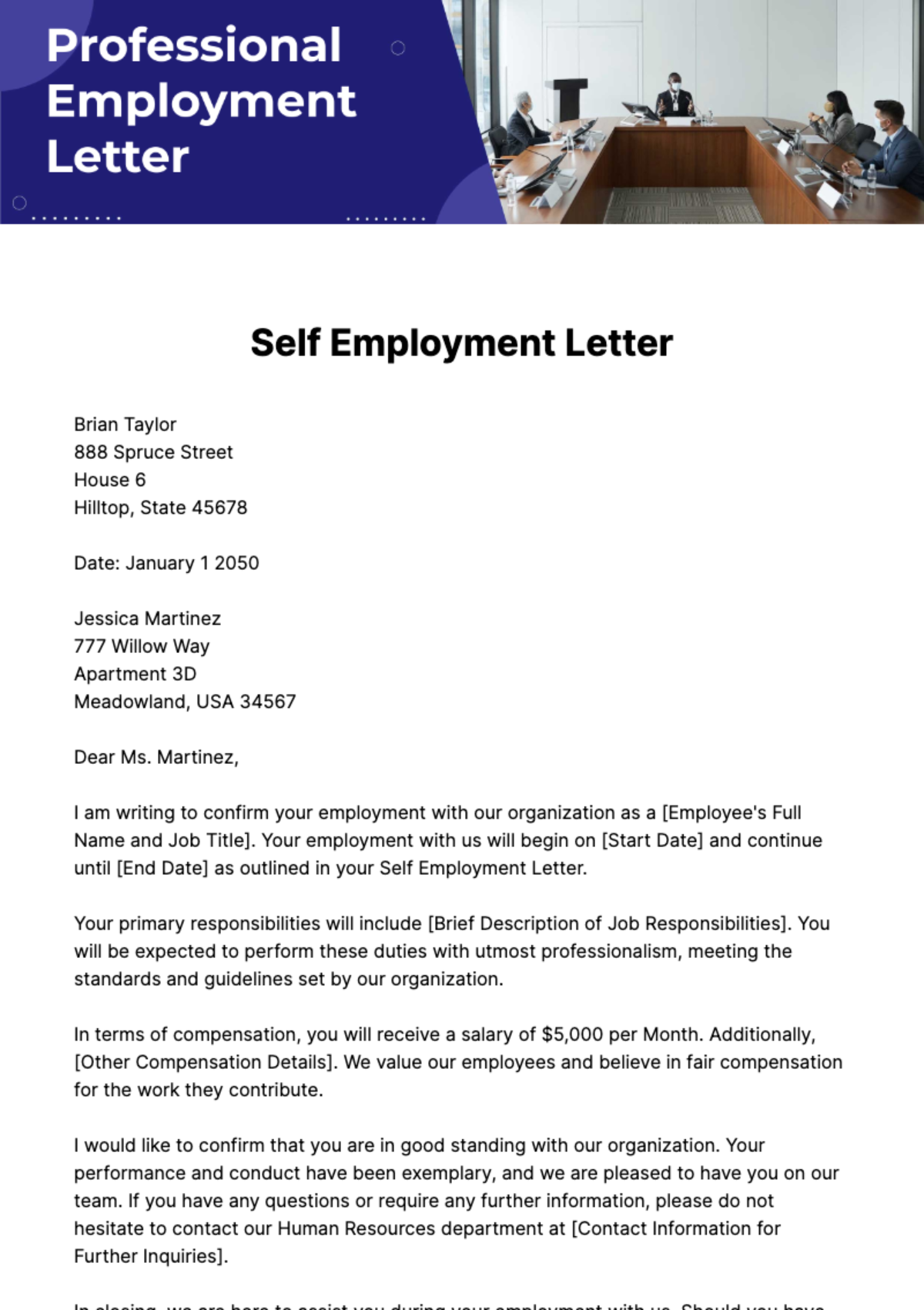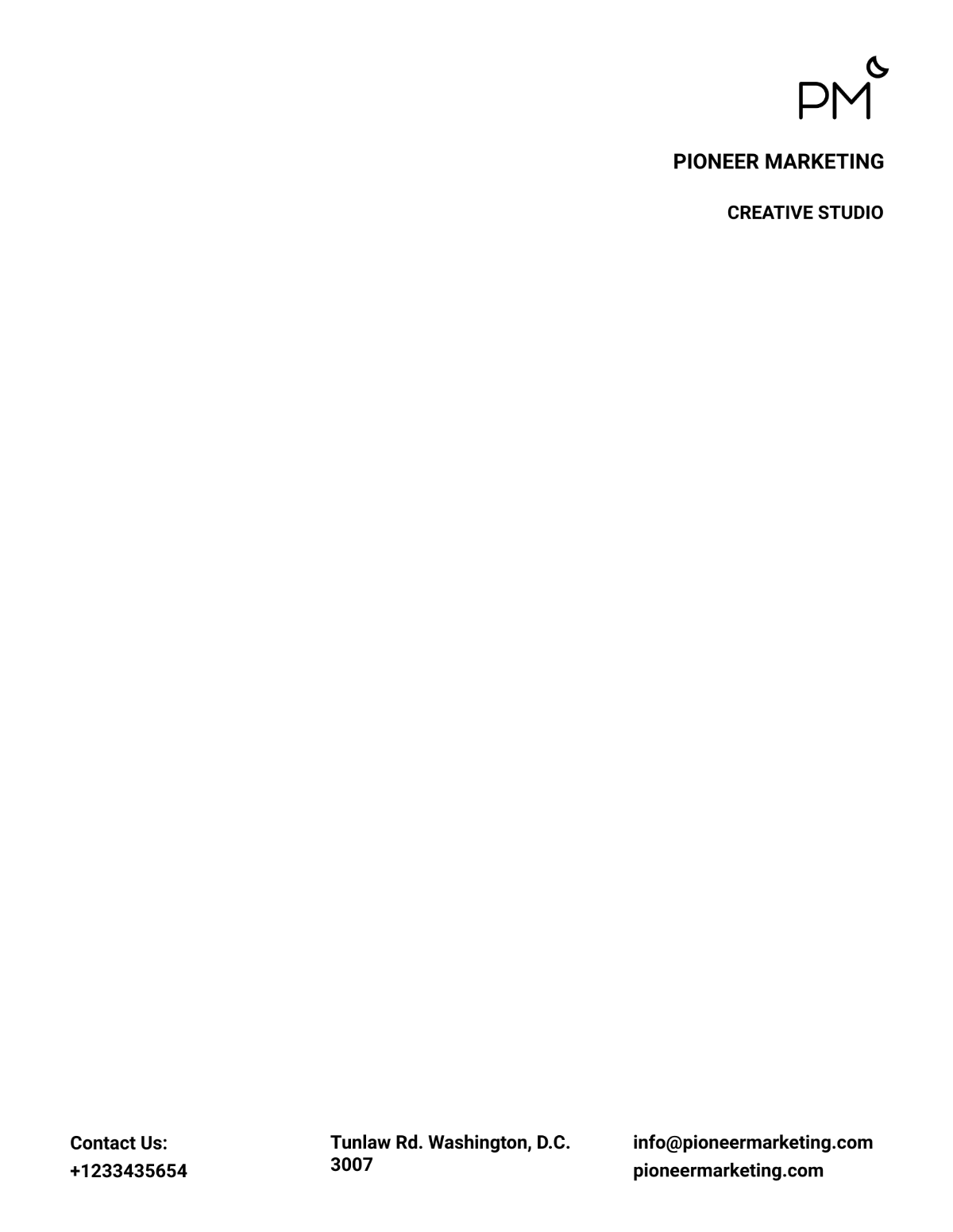Counter Argument Letter
Dear Elisa West,
I hope this message finds you well. I am writing in response to the recent discussions regarding the proposed changes to our organizational policy. While I appreciate the intention behind these initiatives—namely, enhancing efficiency and cohesion—I believe there are key considerations that warrant further examination to ensure our approach aligns with both the organization's long-term goals and the well-being of our team.
1. Managing Employee Workload and Well-Being
A primary concern with the proposed changes is the potential increase in responsibilities without proportional adjustments in resources or support mechanisms. This imbalance risks overburdening employees and may inadvertently lead to burnout—an outcome contrary to the goal of improving efficiency. Research consistently shows a strong link between employee well-being and productivity, emphasizing the importance of providing adequate support to sustain high performance. I recommend incorporating additional resources, training, or personnel as part of the policy rollout to prevent unintended strain on the team.
2. Preserving Team Culture and Morale
Our organization has long taken pride in its collaborative and inclusive culture, a cornerstone of our success. Implementing significant changes without fully engaging employees in the decision-making process could jeopardize morale and erode the sense of ownership that drives our cohesiveness. To mitigate this risk, I propose holding an open forum or structured feedback session where team members can share their perspectives, raise concerns, and offer suggestions. This collaborative approach would not only refine the proposed policies but also reinforce our commitment to inclusivity and teamwork.
3. Ensuring a Thoughtful and Phased Implementation
While the overarching goal of operational optimization is commendable, the pace and method of implementation are critical. Rapid changes without sufficient transition periods could lead to resistance and operational disruptions. Adopting a phased approach—allowing for gradual integration, regular impact assessments, and iterative adjustments—would offer a more sustainable and measured path forward. This strategy would help us address unforeseen challenges while maintaining steady progress toward our goals.
In summary, while I support the overarching intent of the proposed policy changes, I urge careful consideration of these potential challenges and their solutions. Thoughtful planning, inclusive dialogue, and phased implementation can help us achieve our shared objectives without compromising our team’s morale or well-being.
Thank you for considering these perspectives. I welcome the opportunity to discuss these points further and contribute to shaping an approach that serves the best interests of the organization and its members.
Sincerely,
[Your Name]
[YOUR COMPANY NAME]
